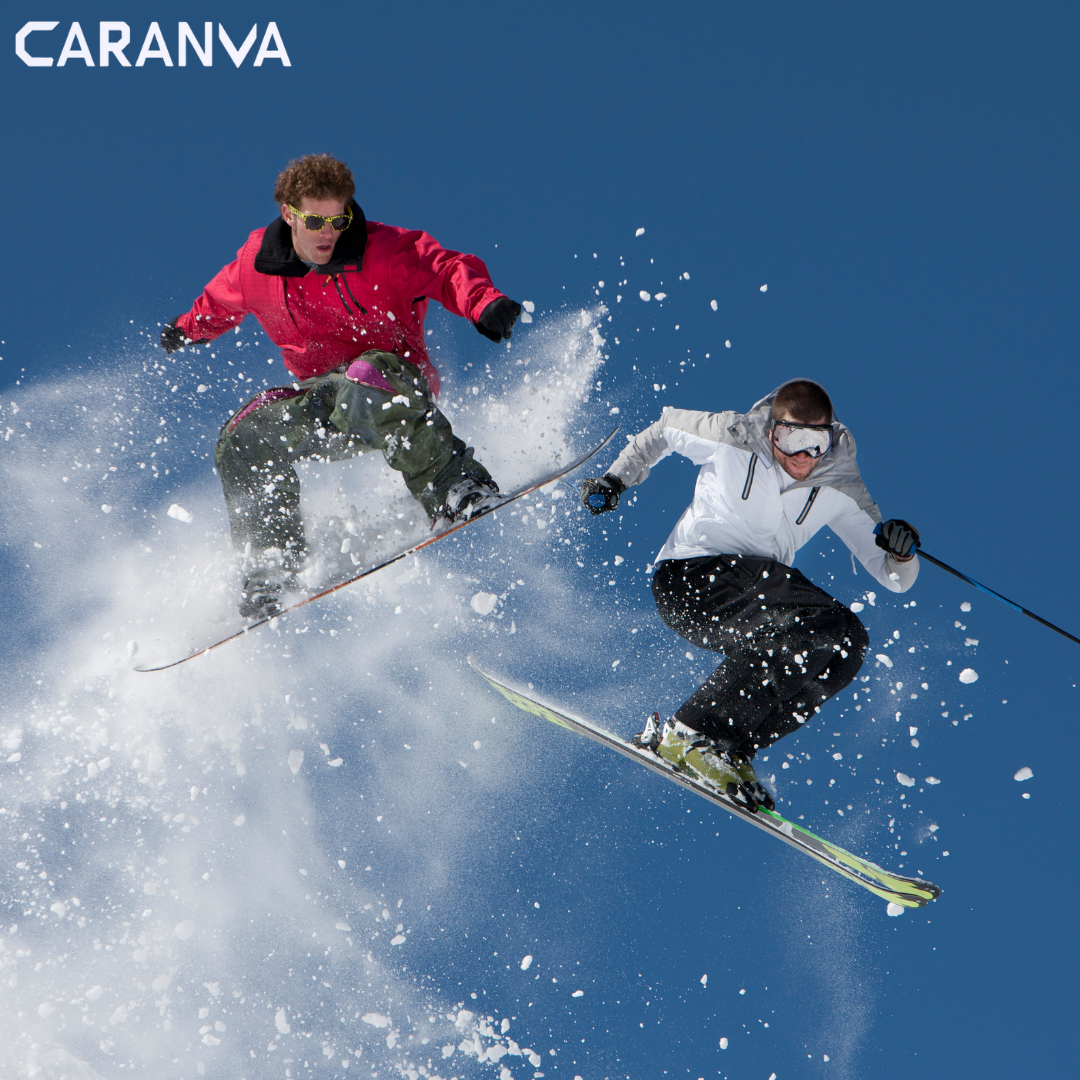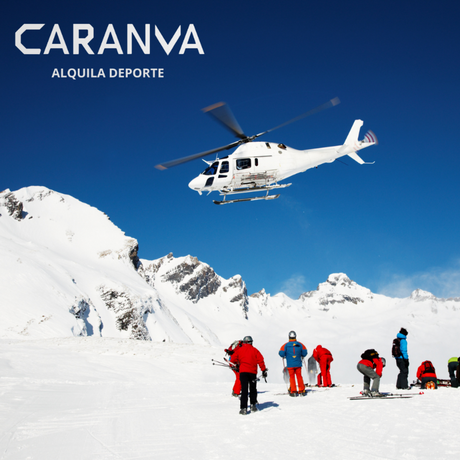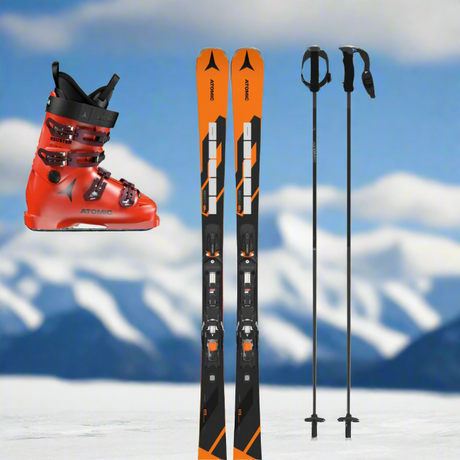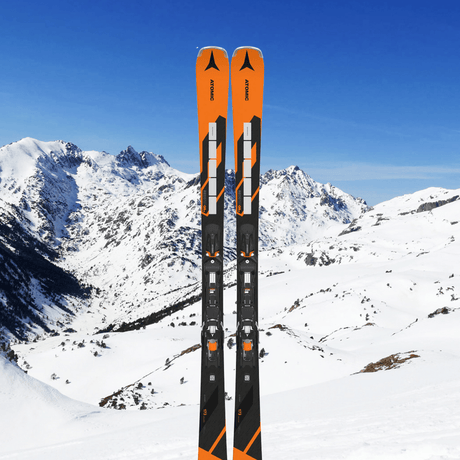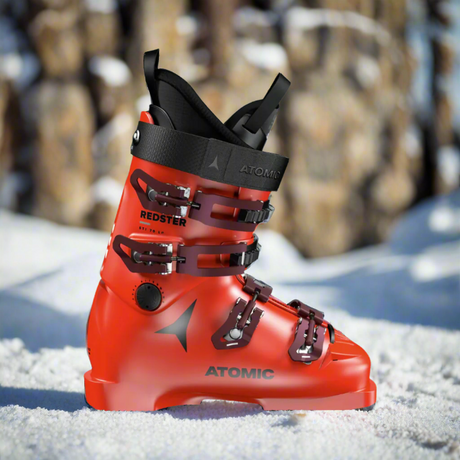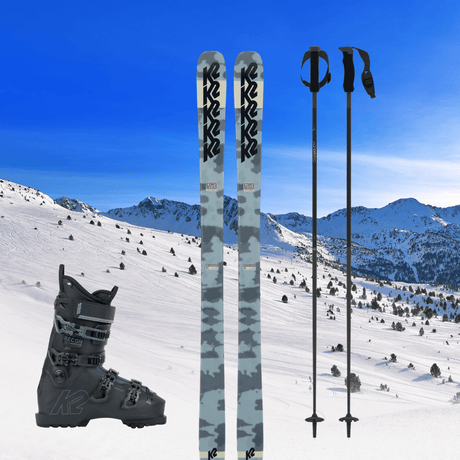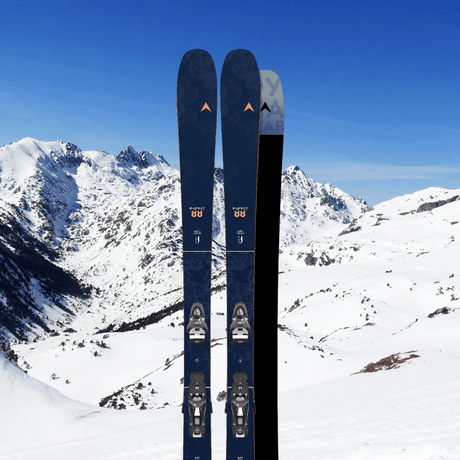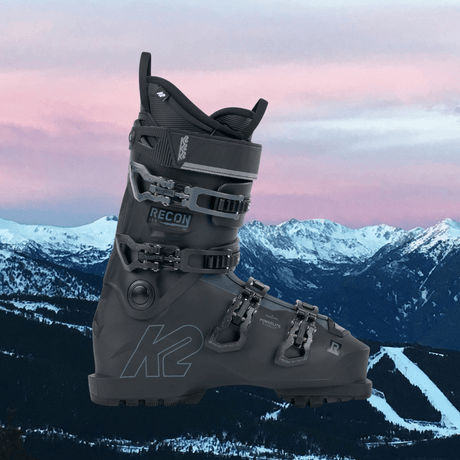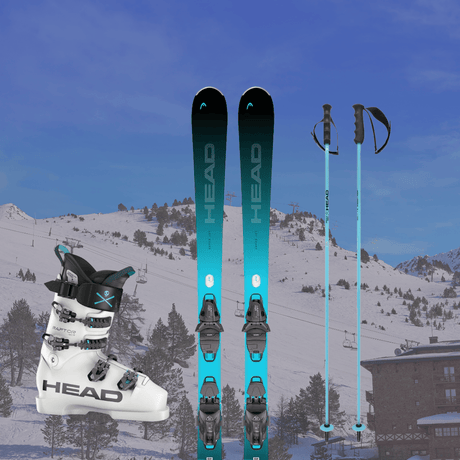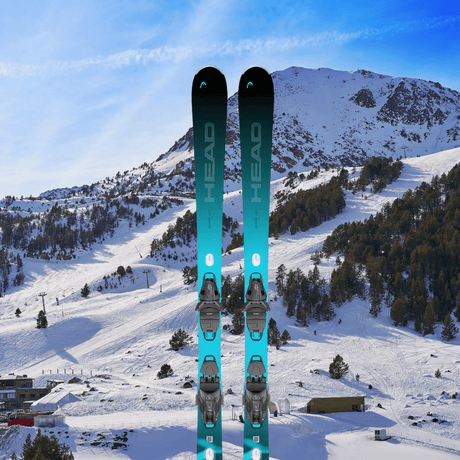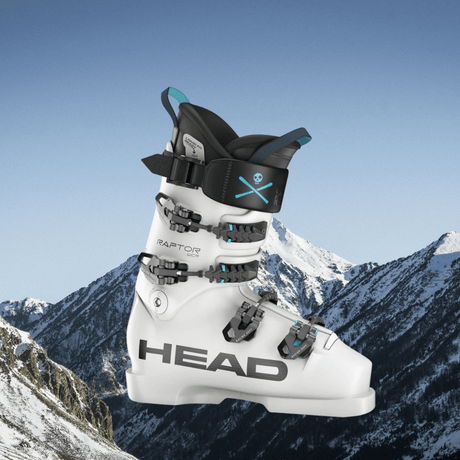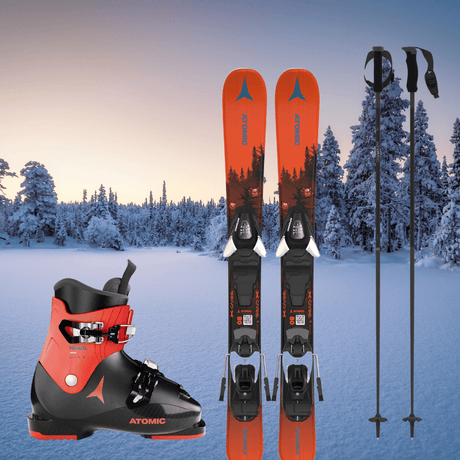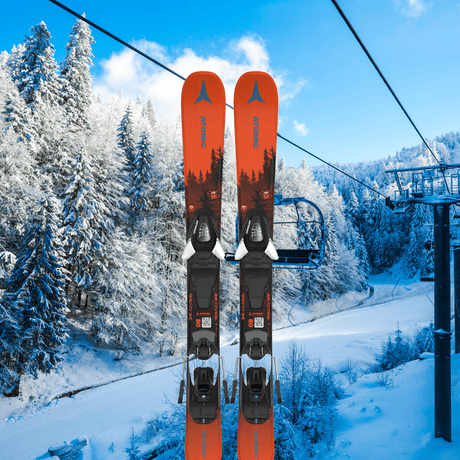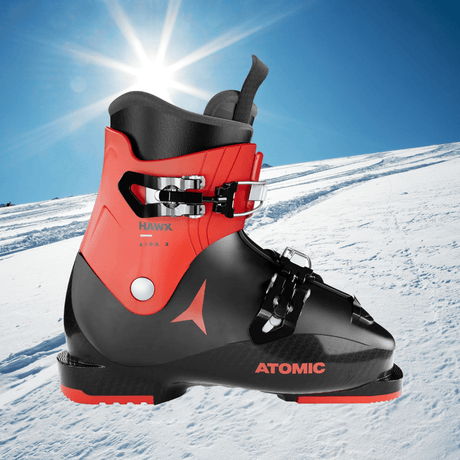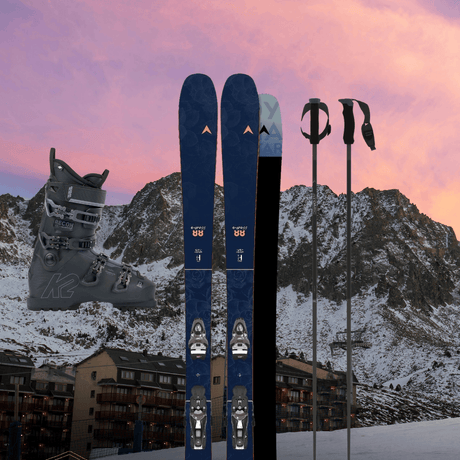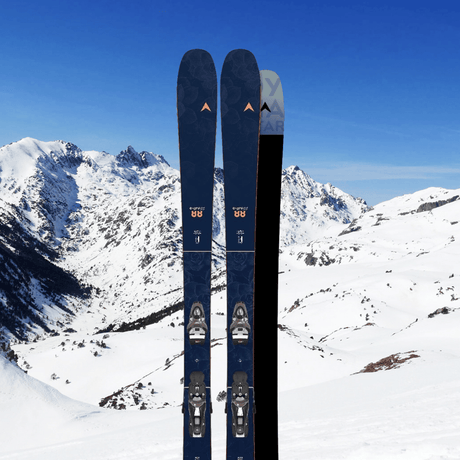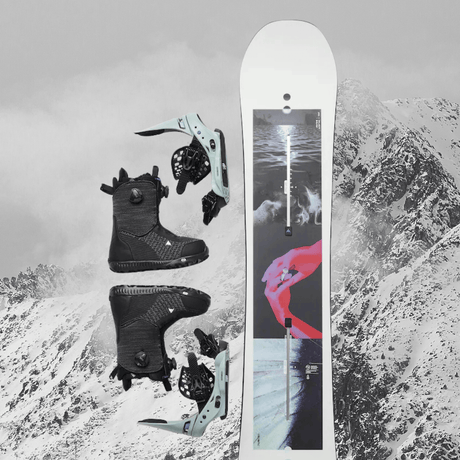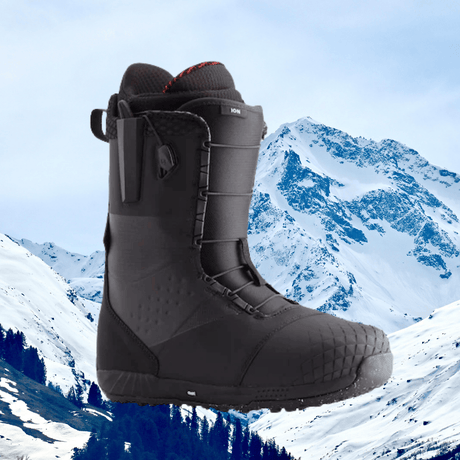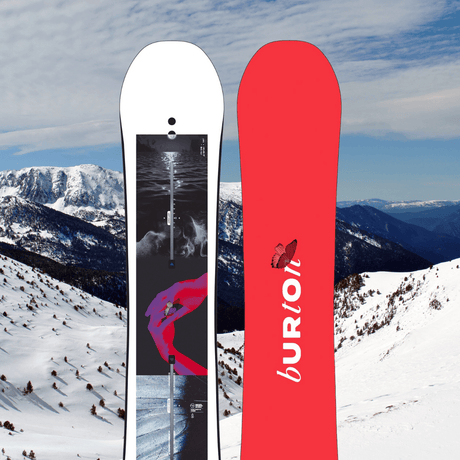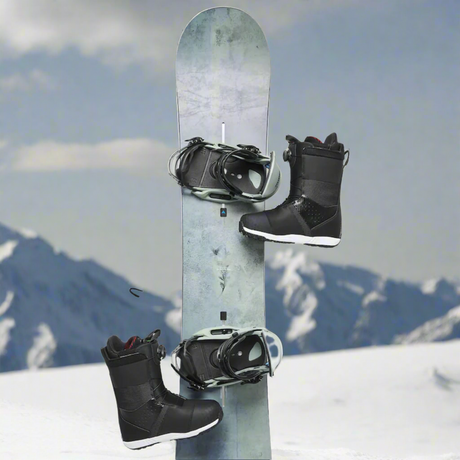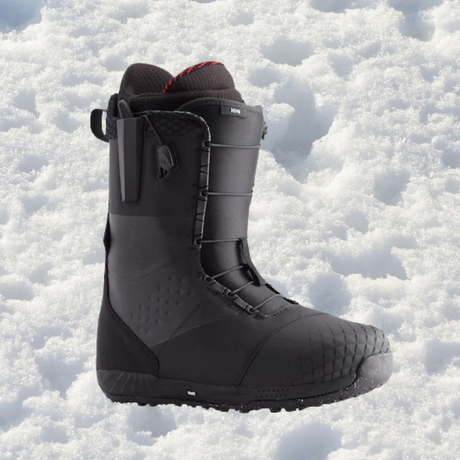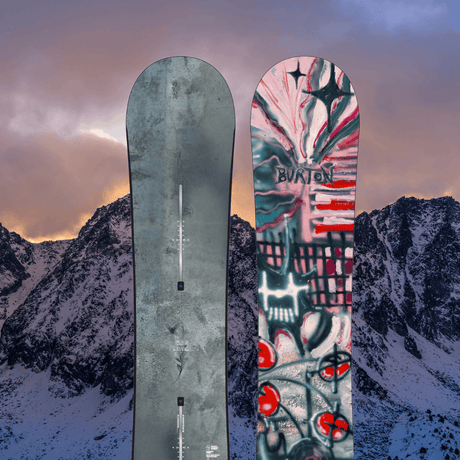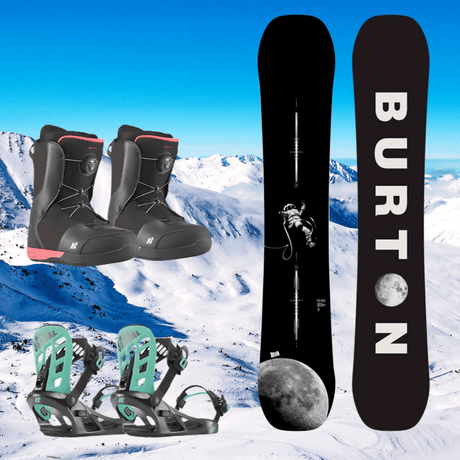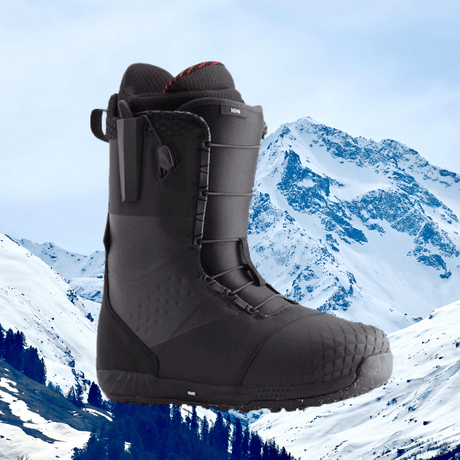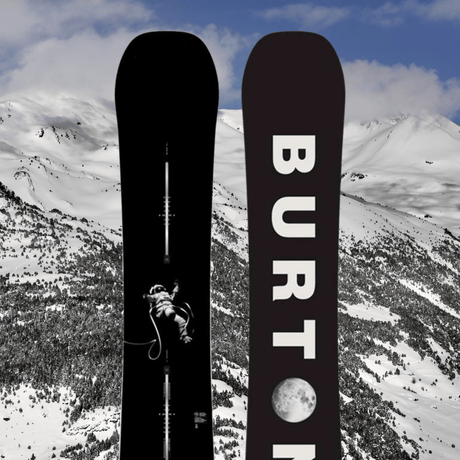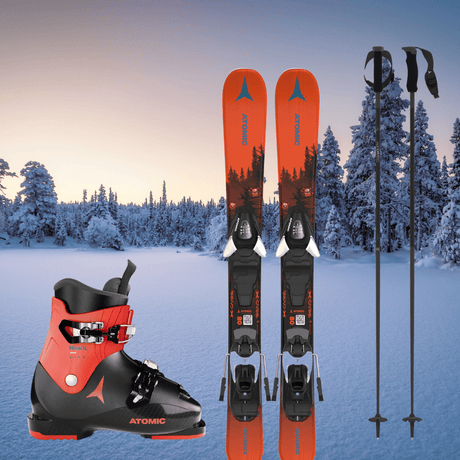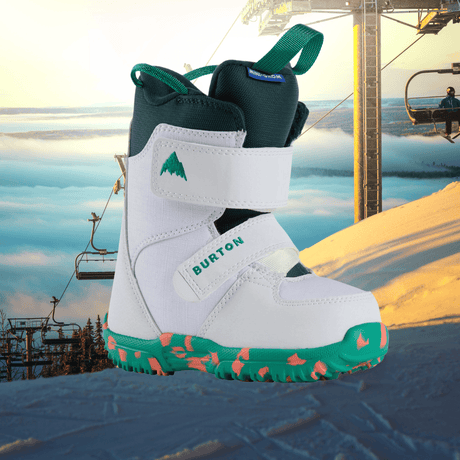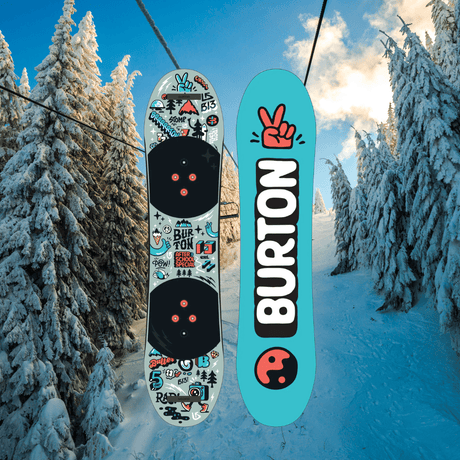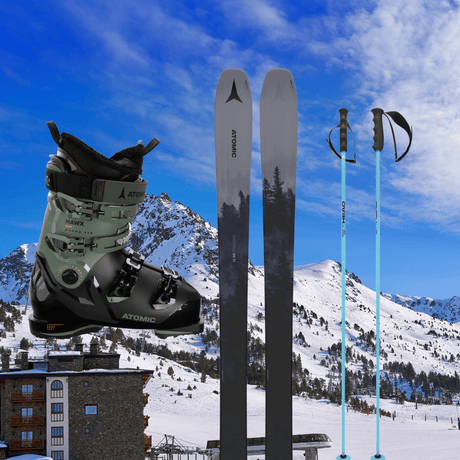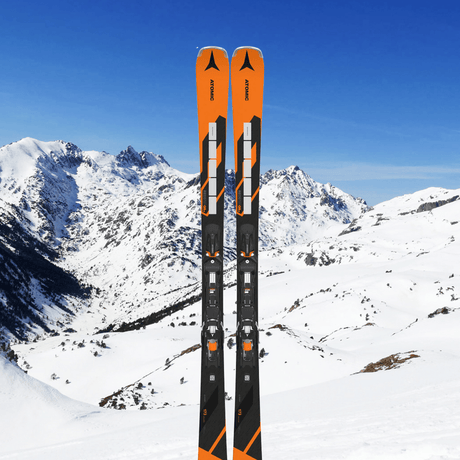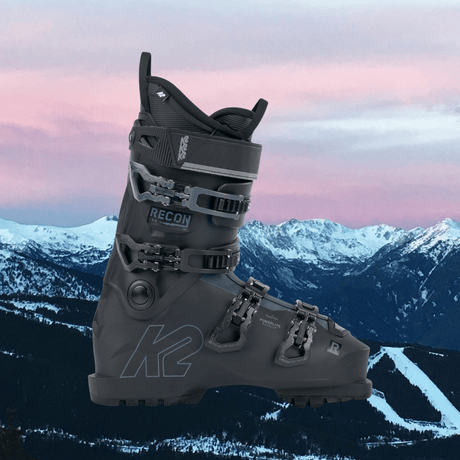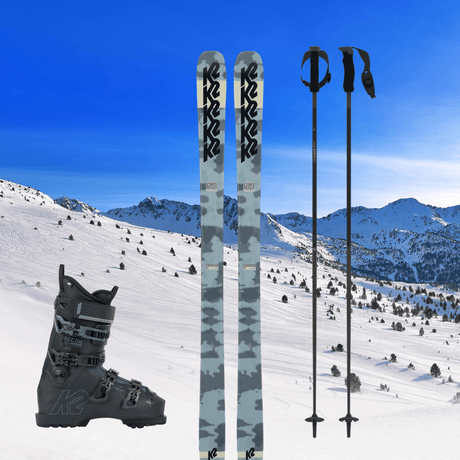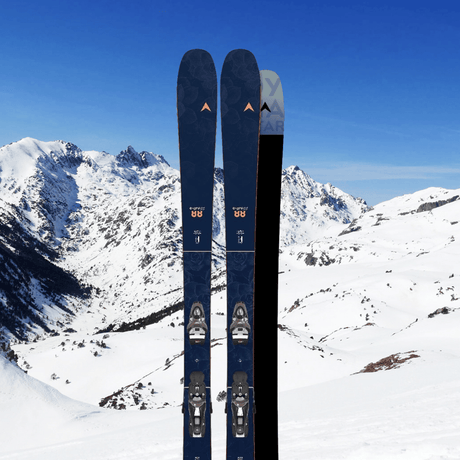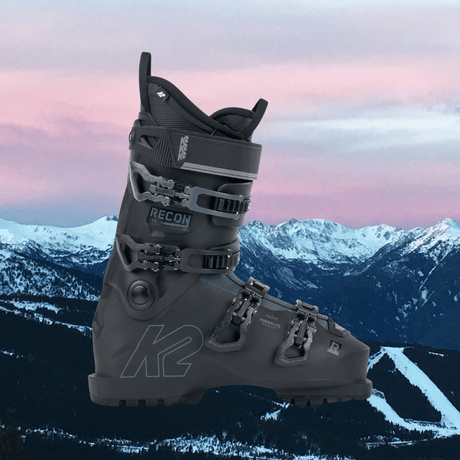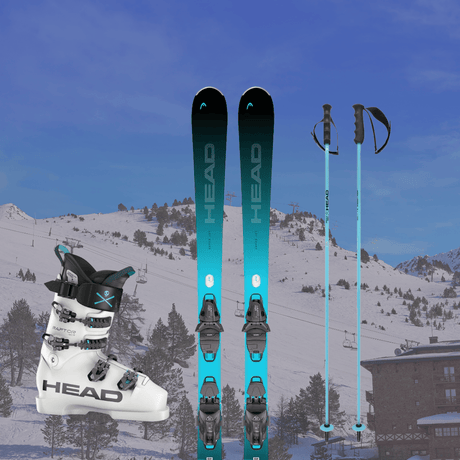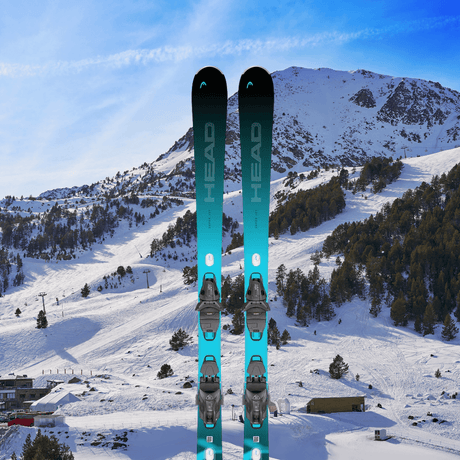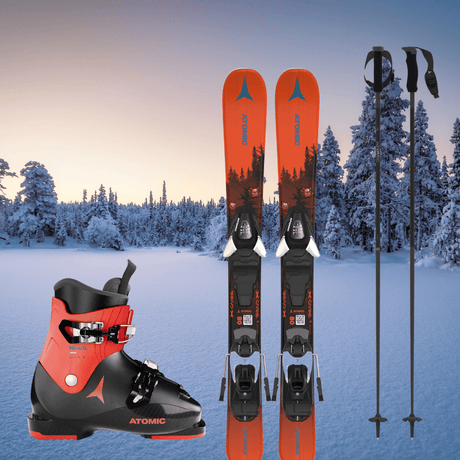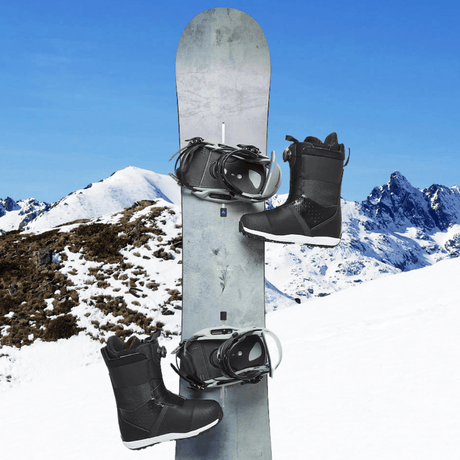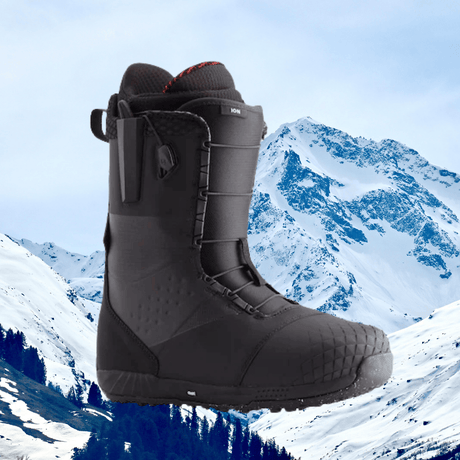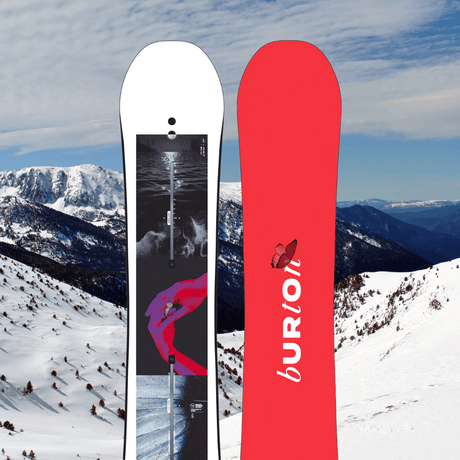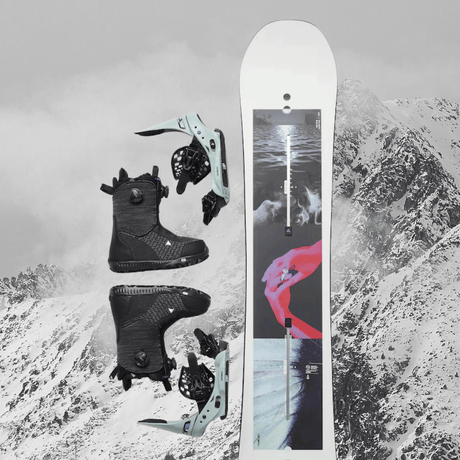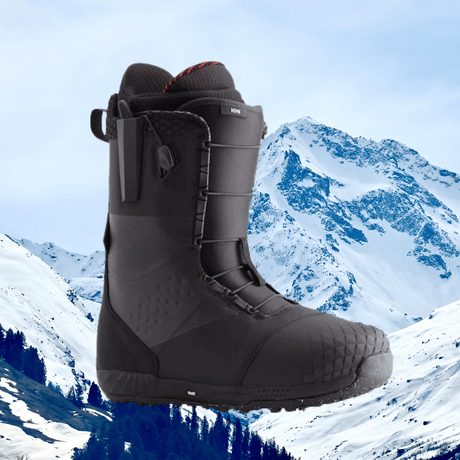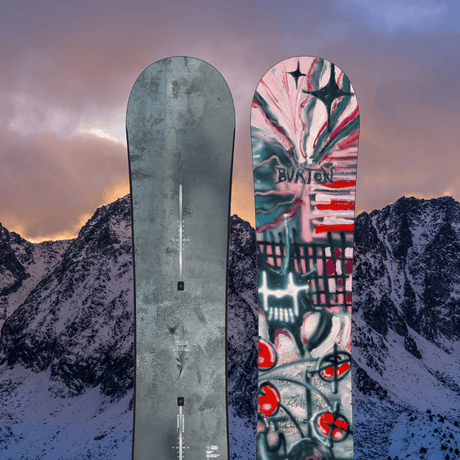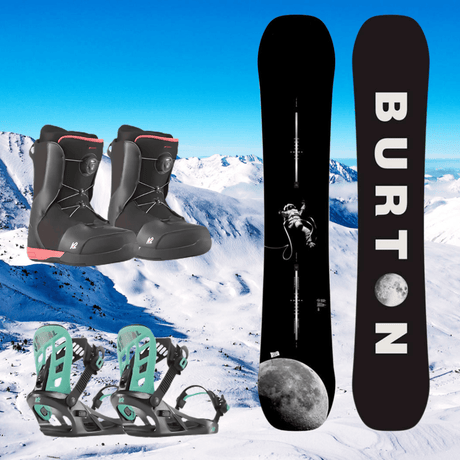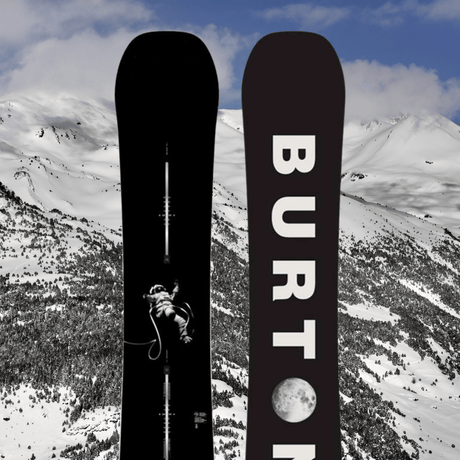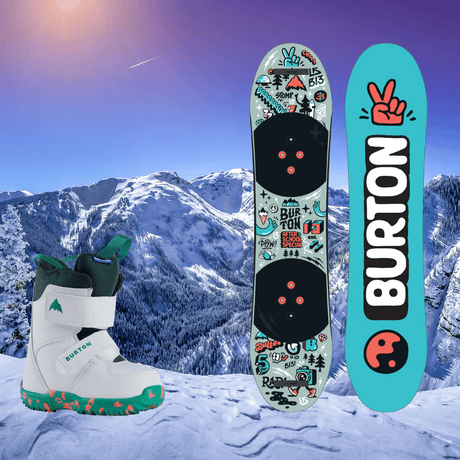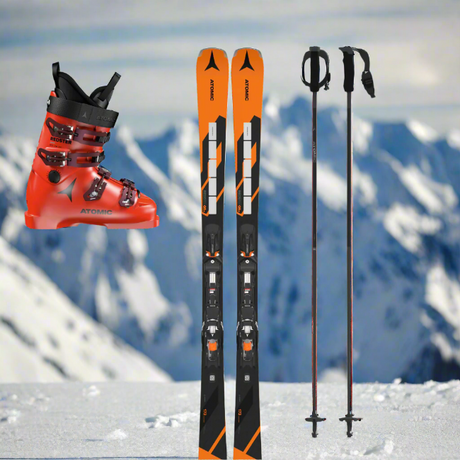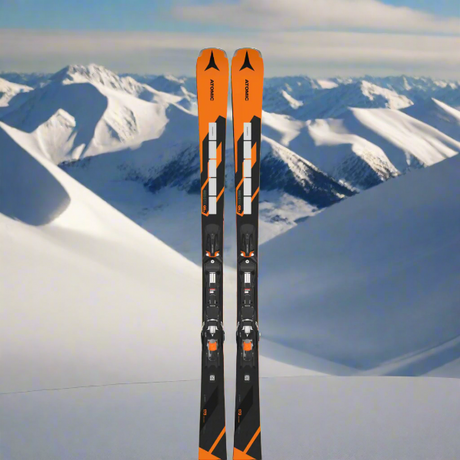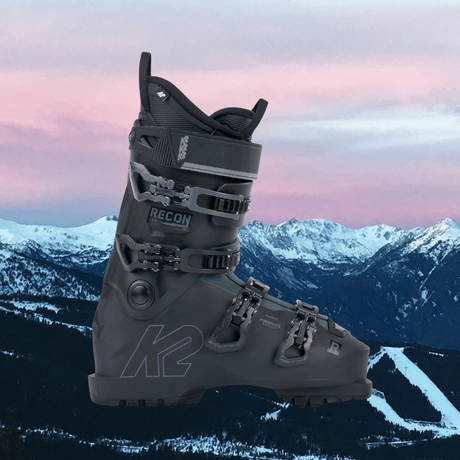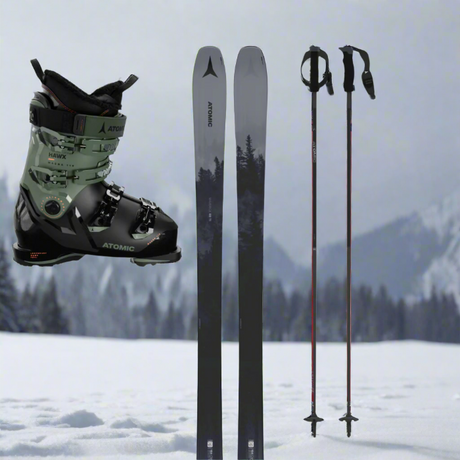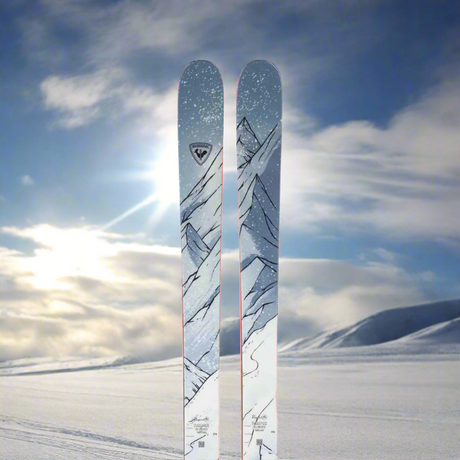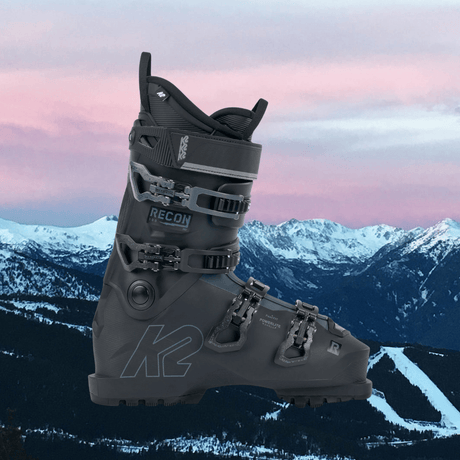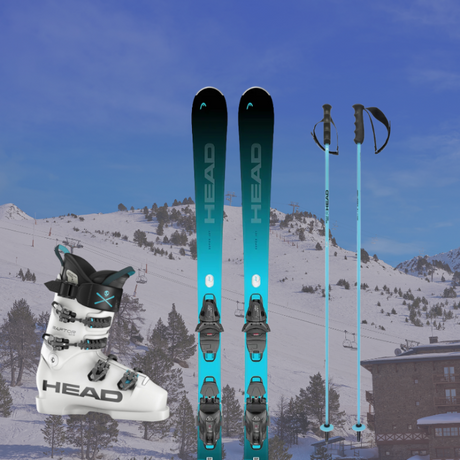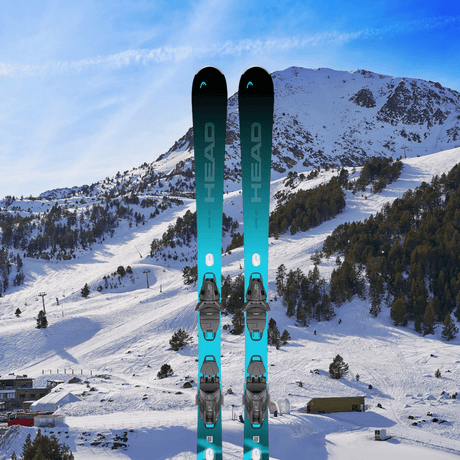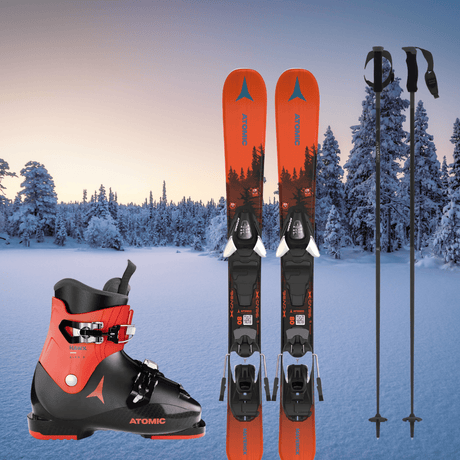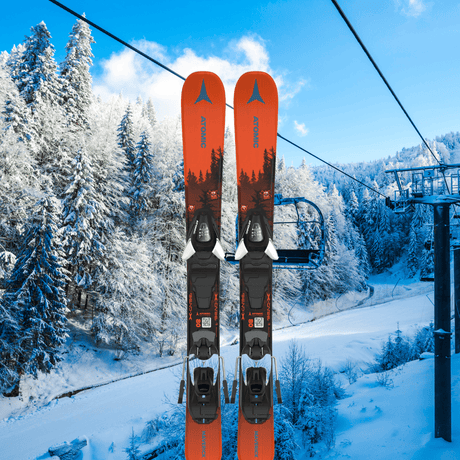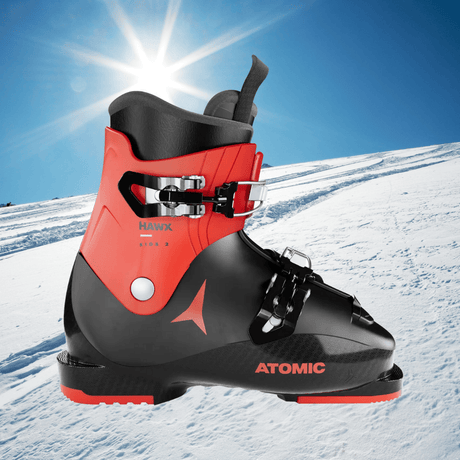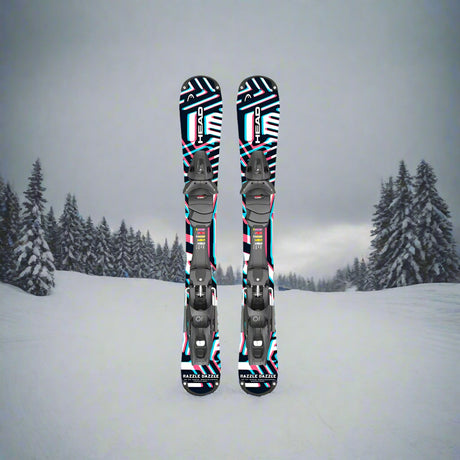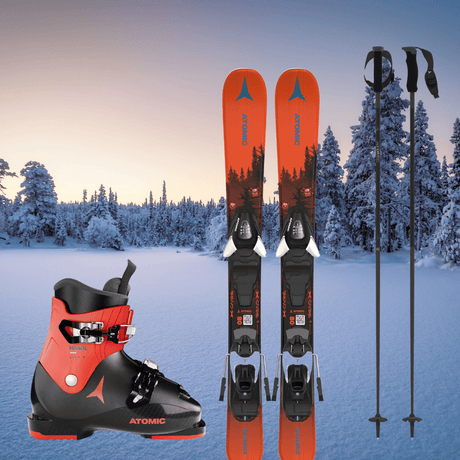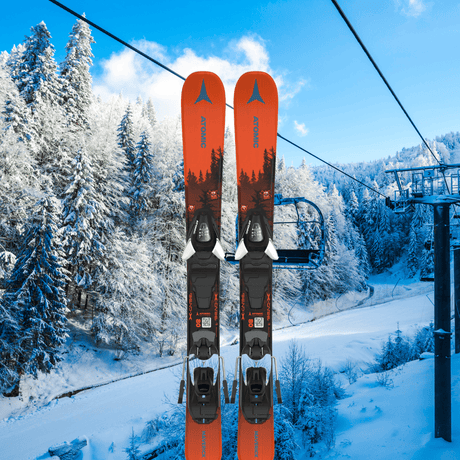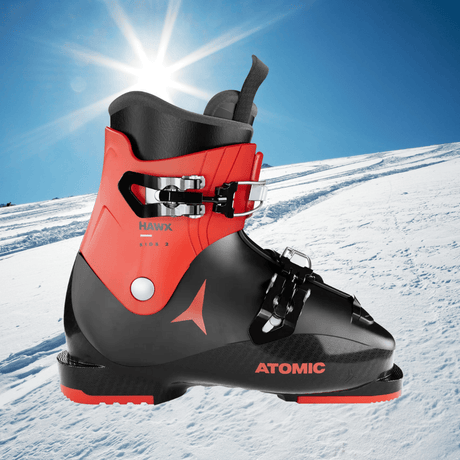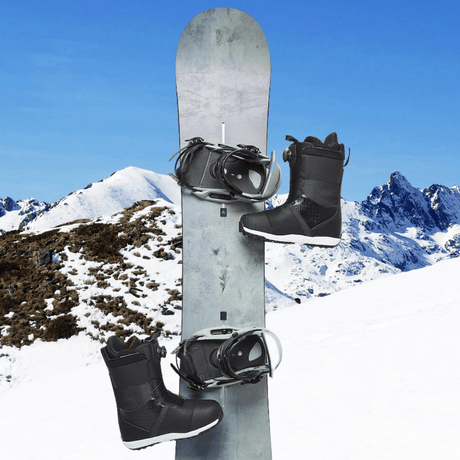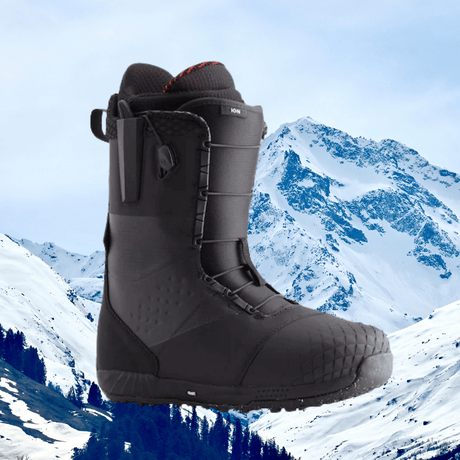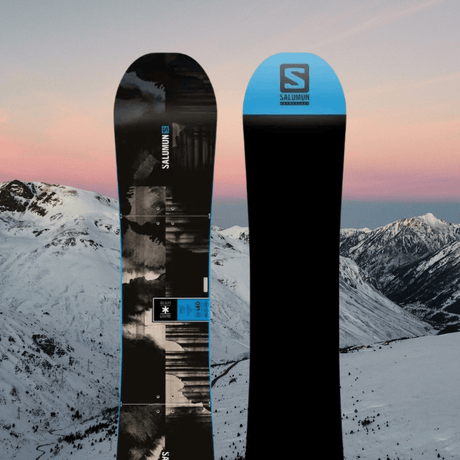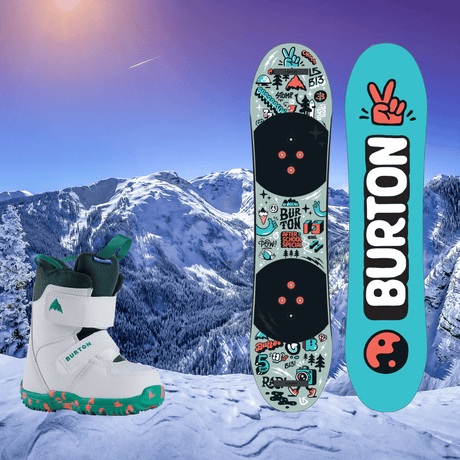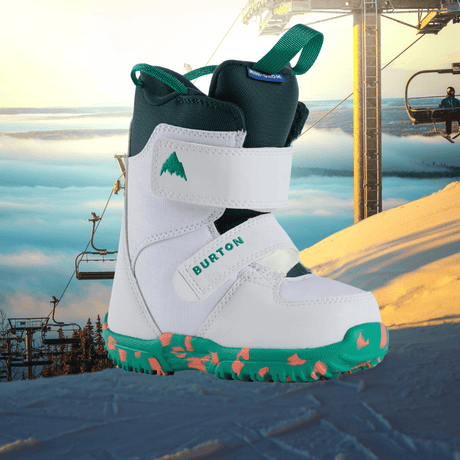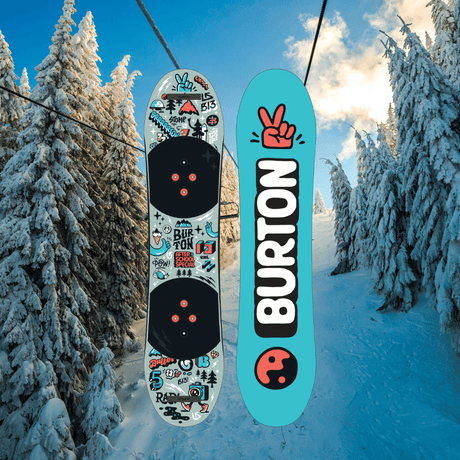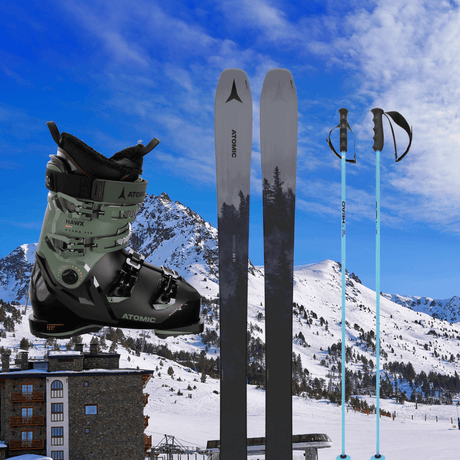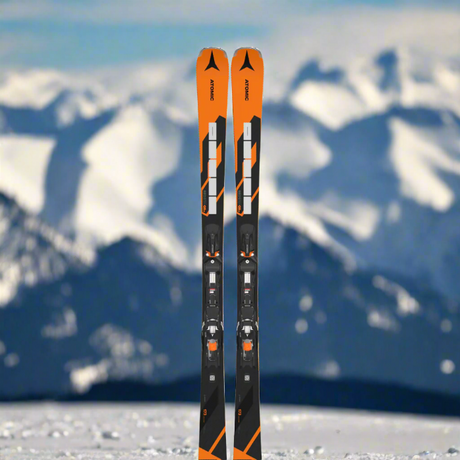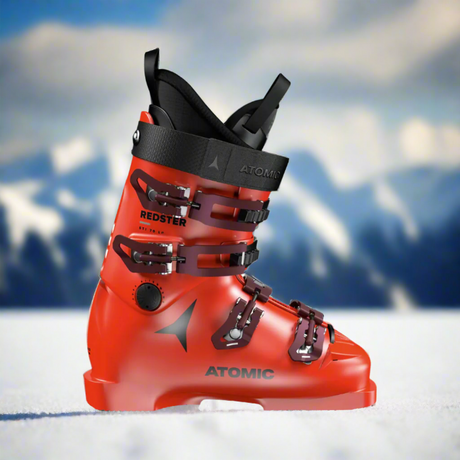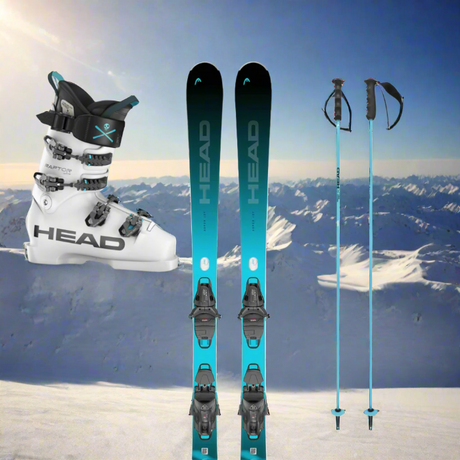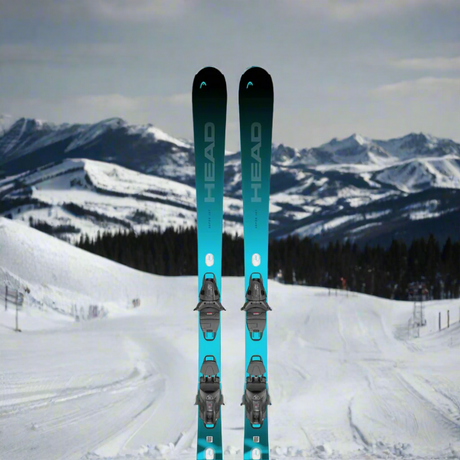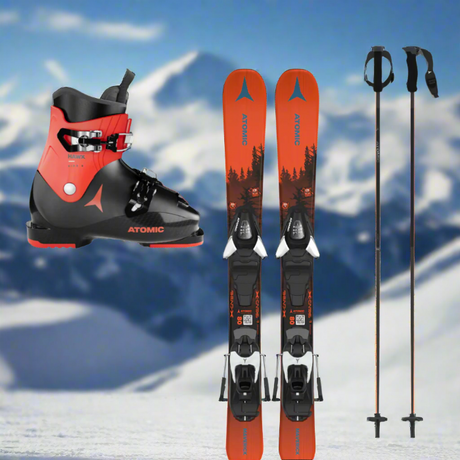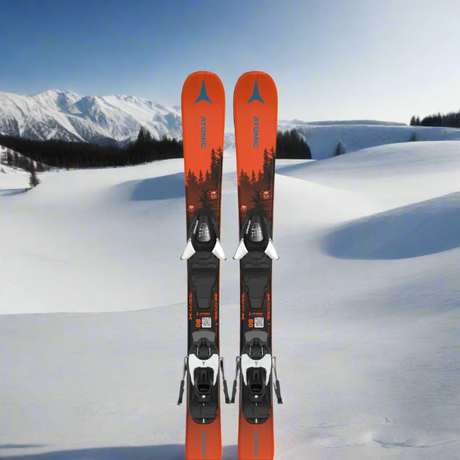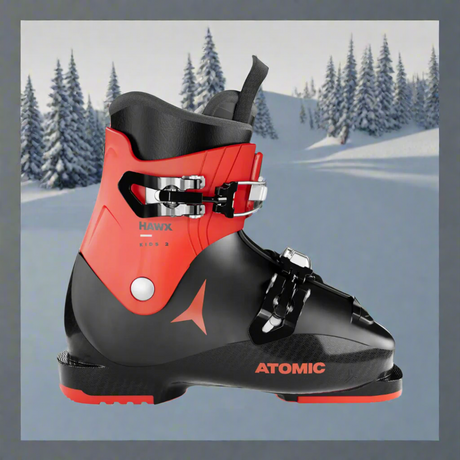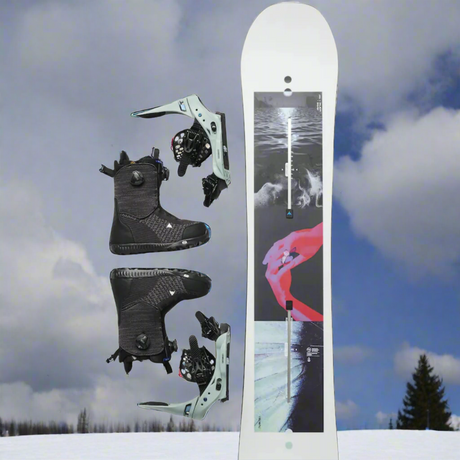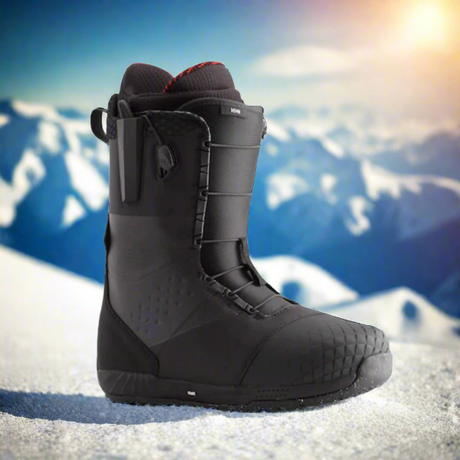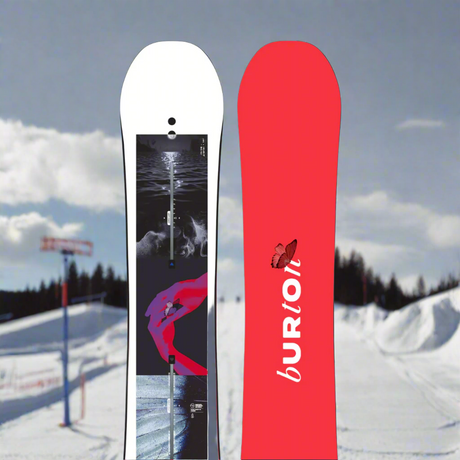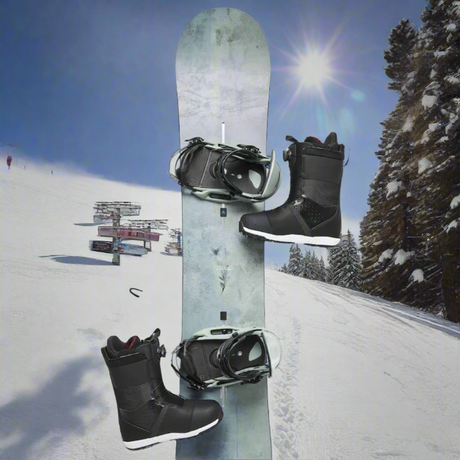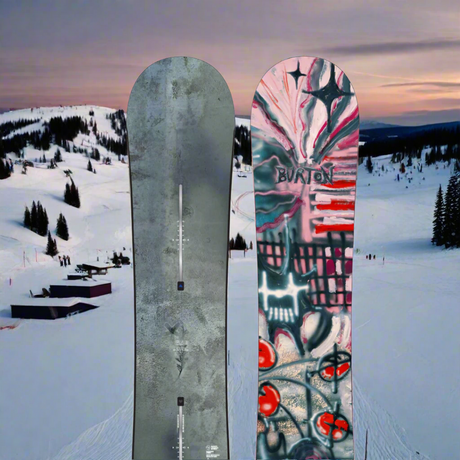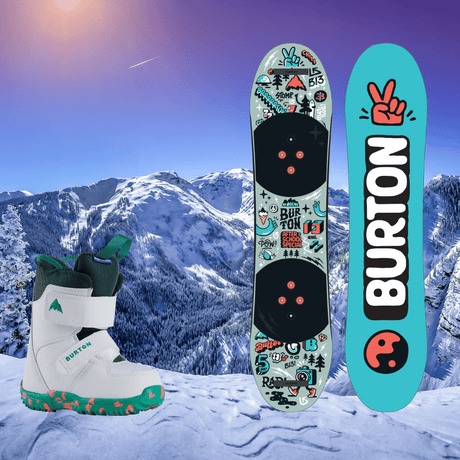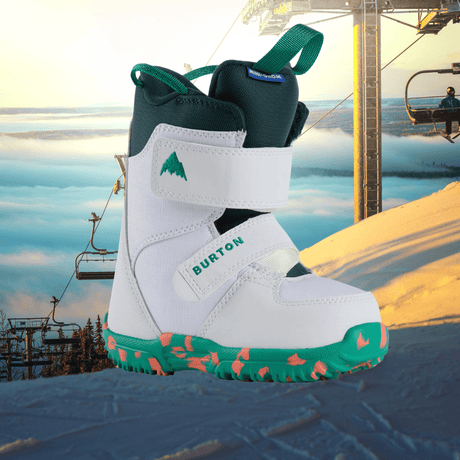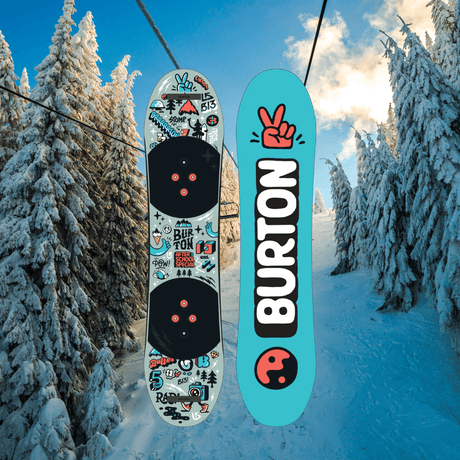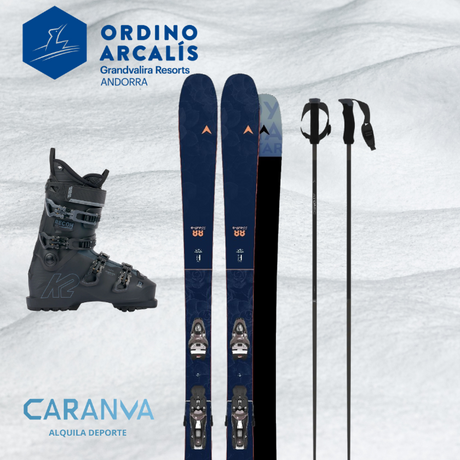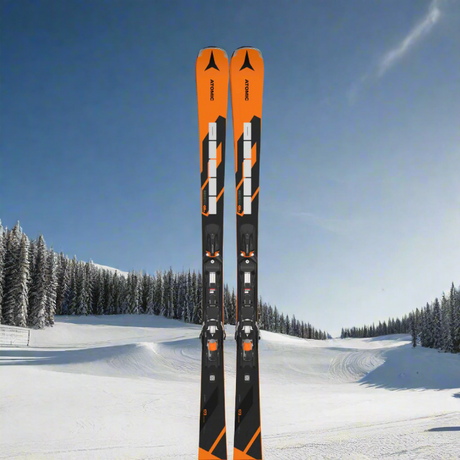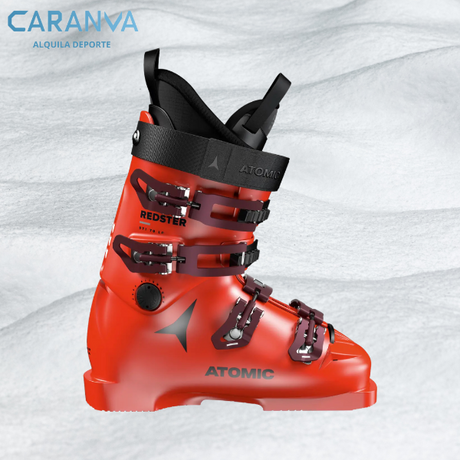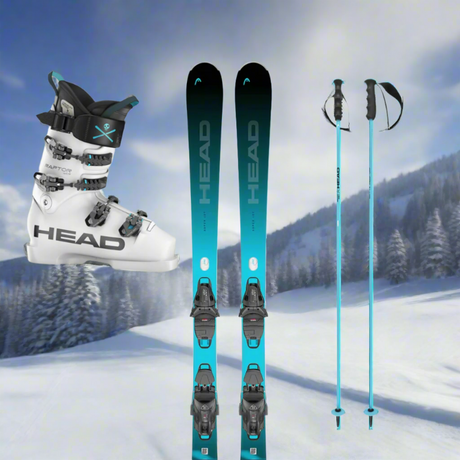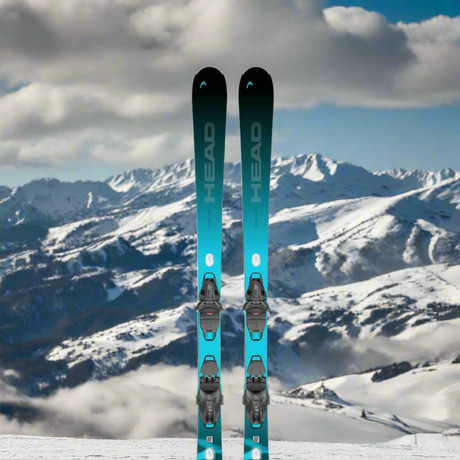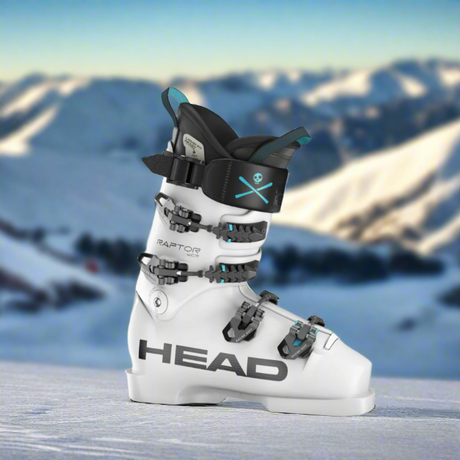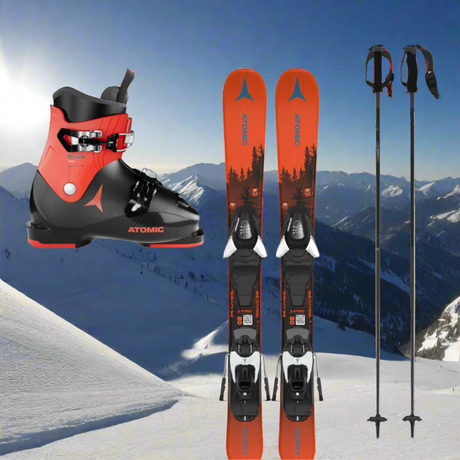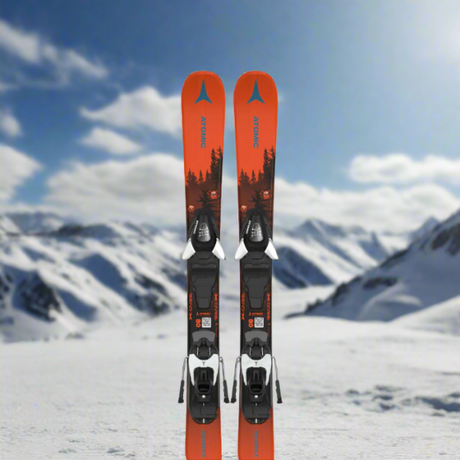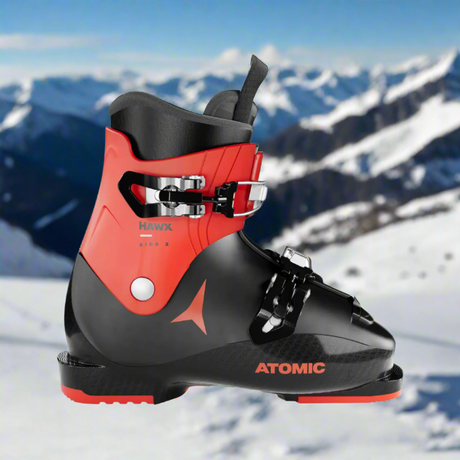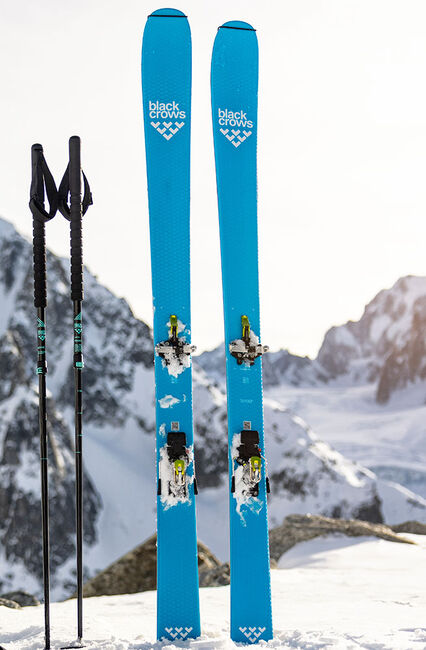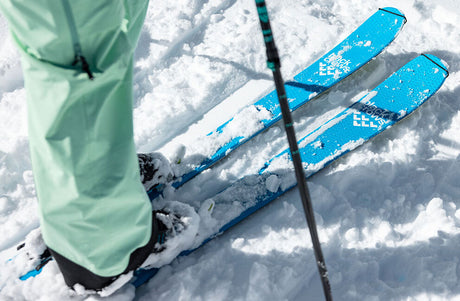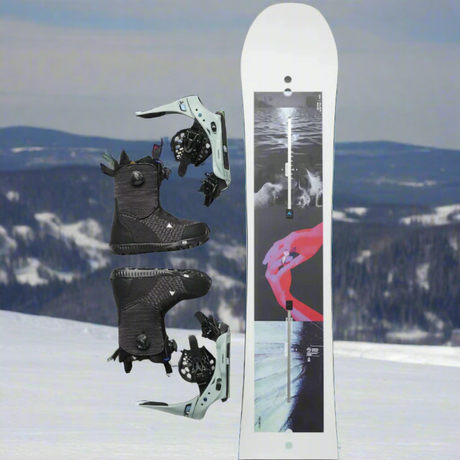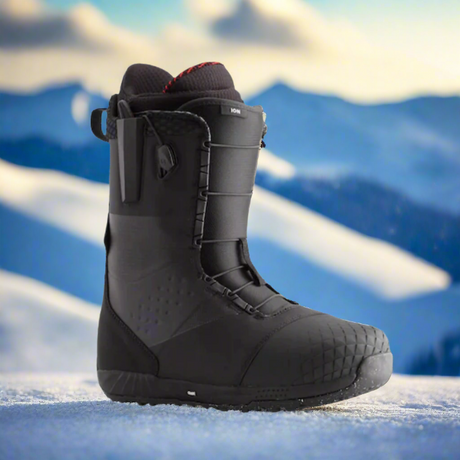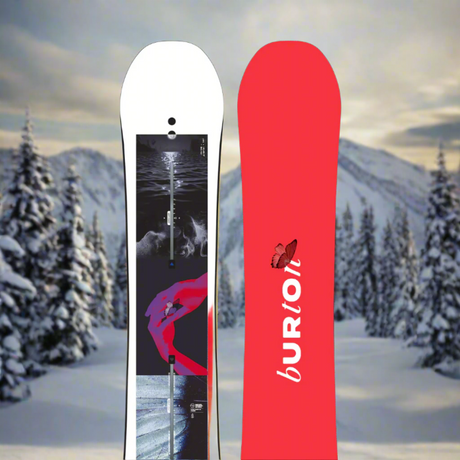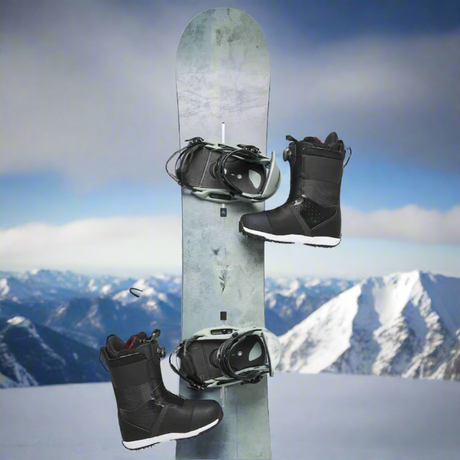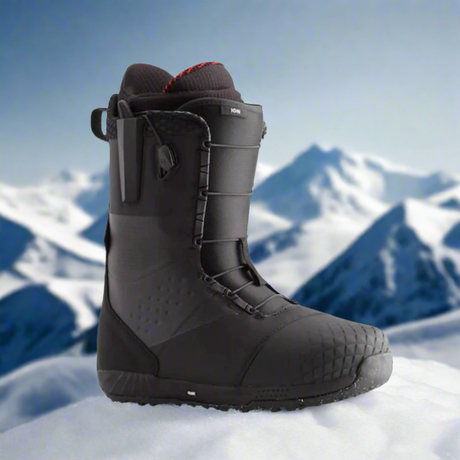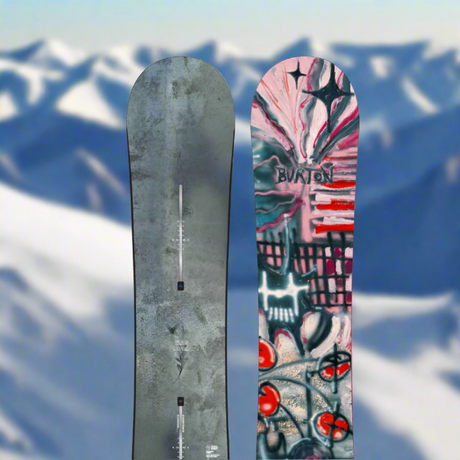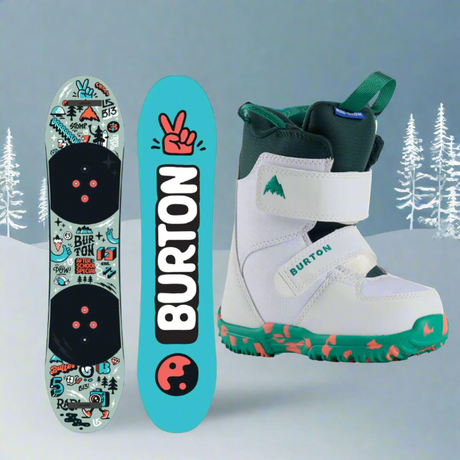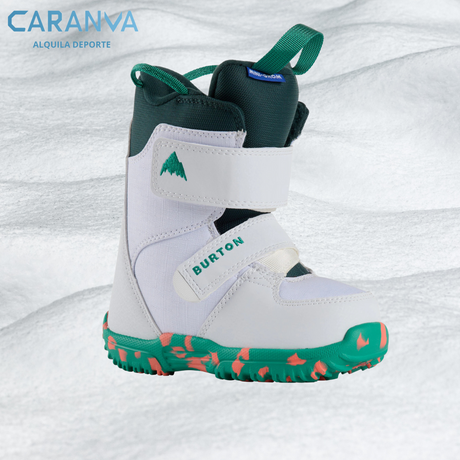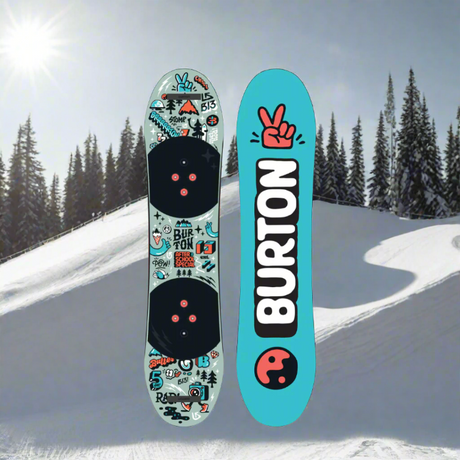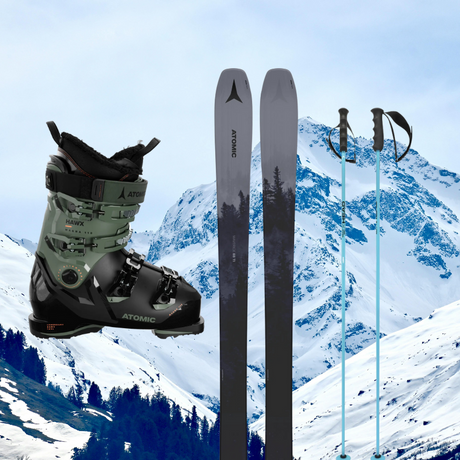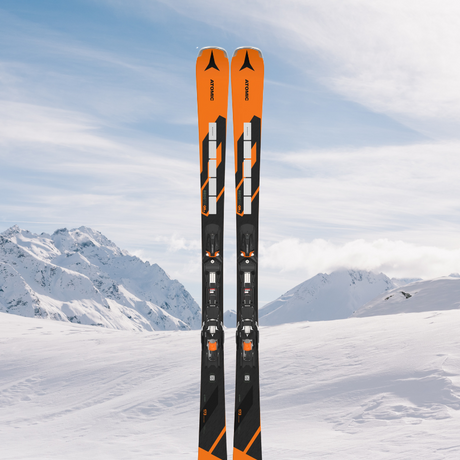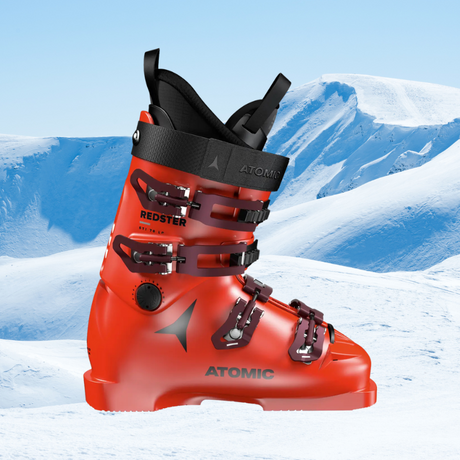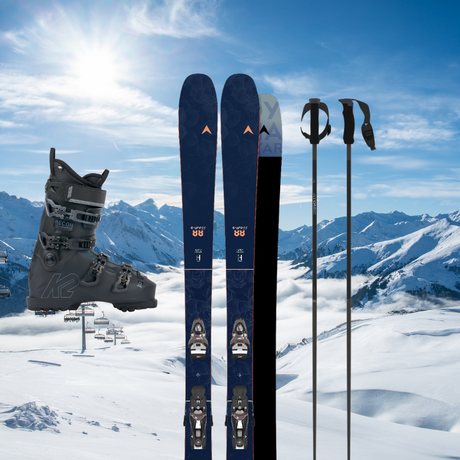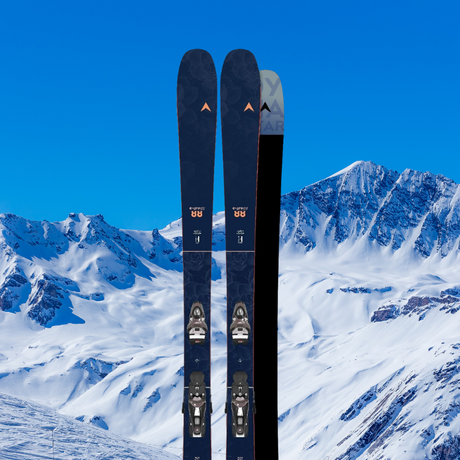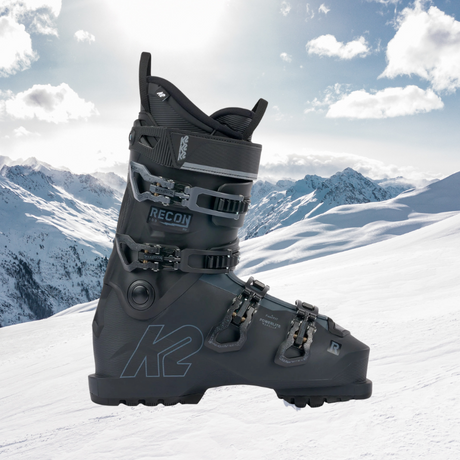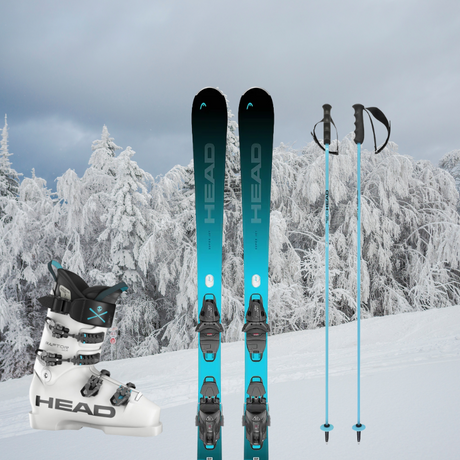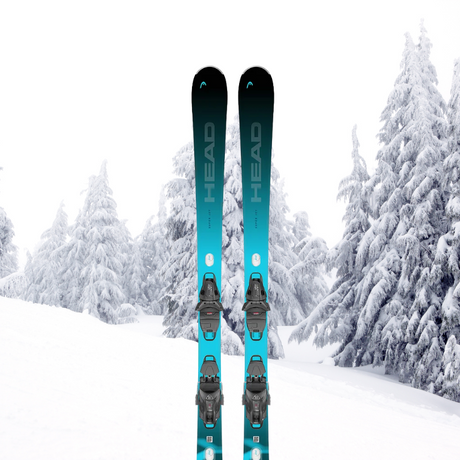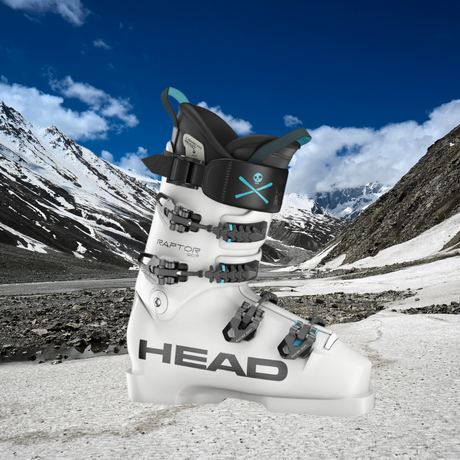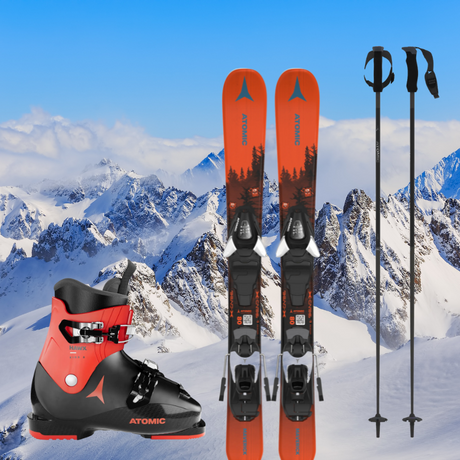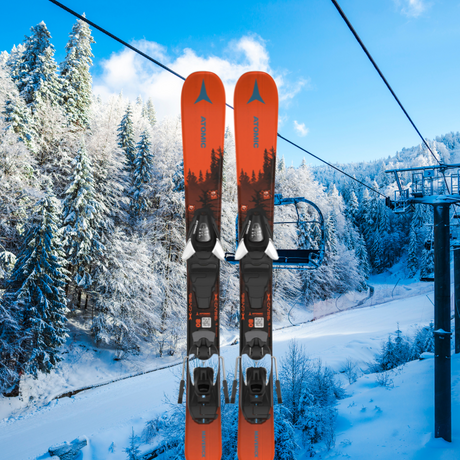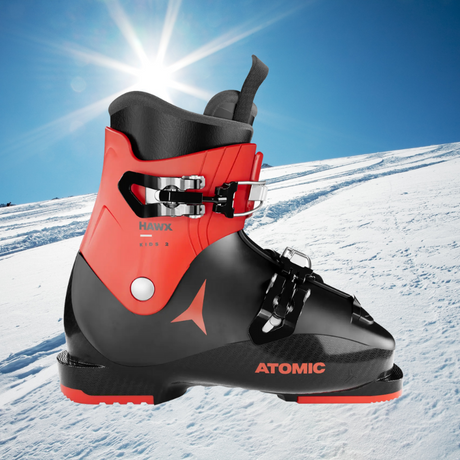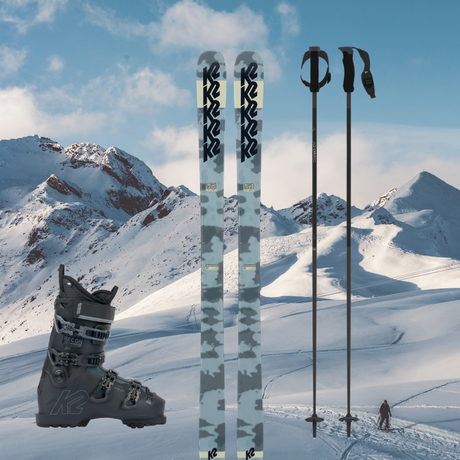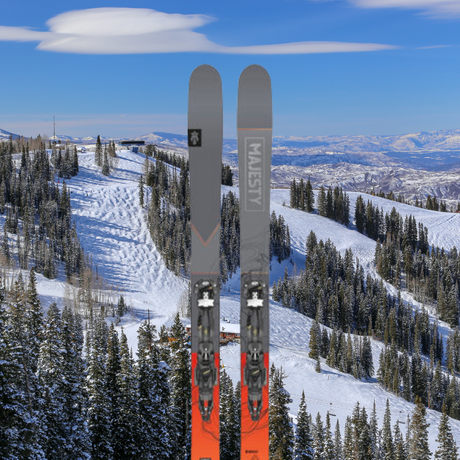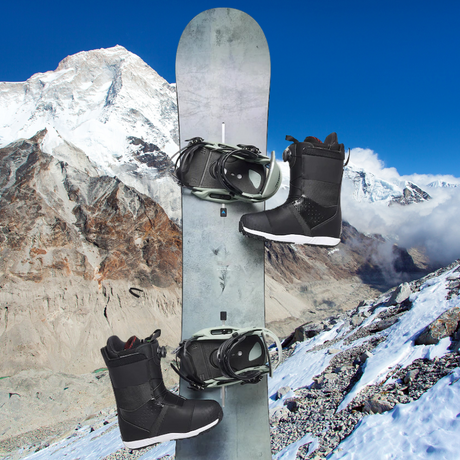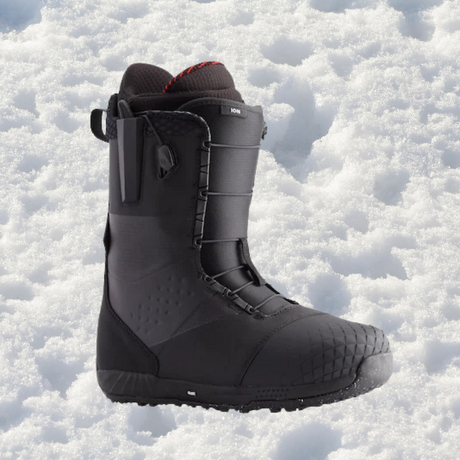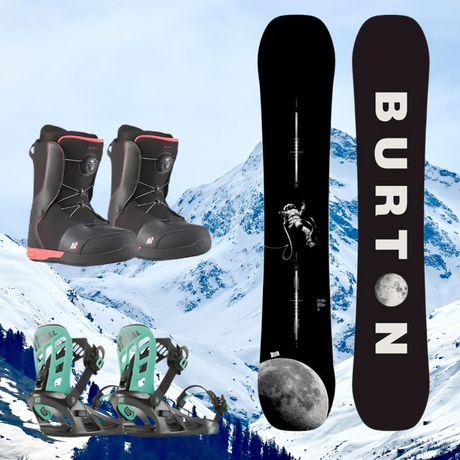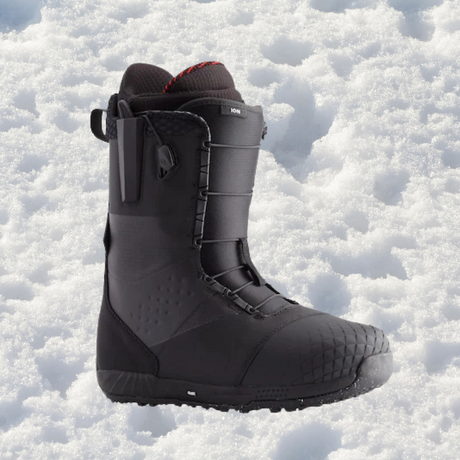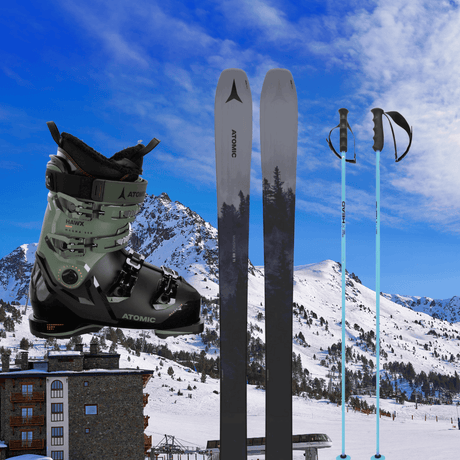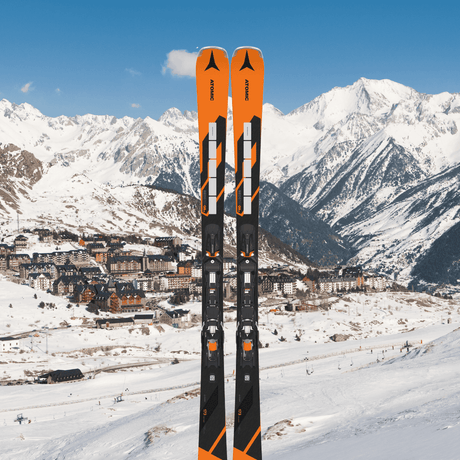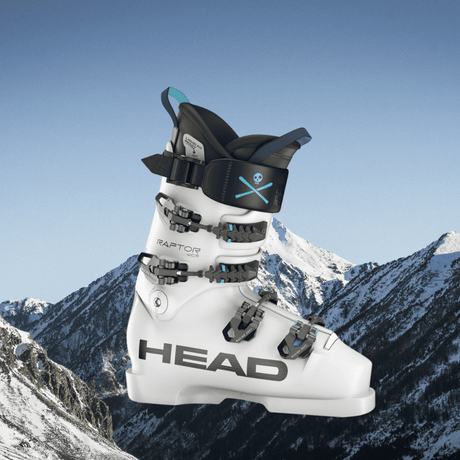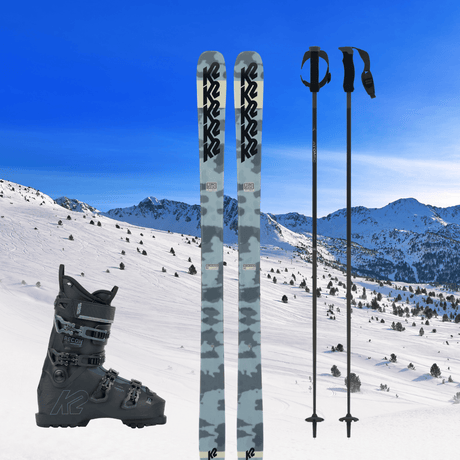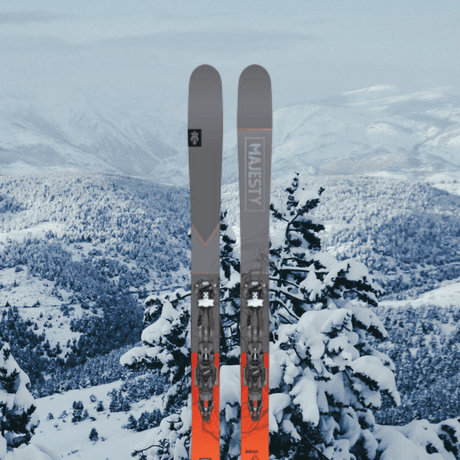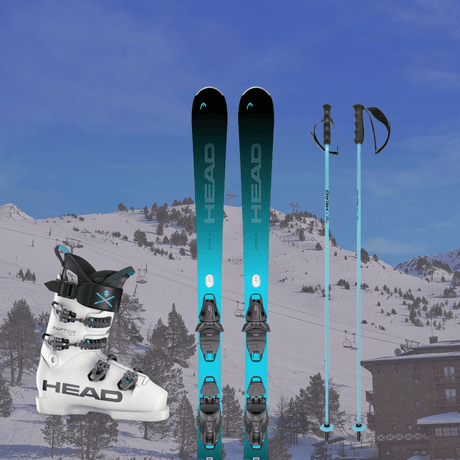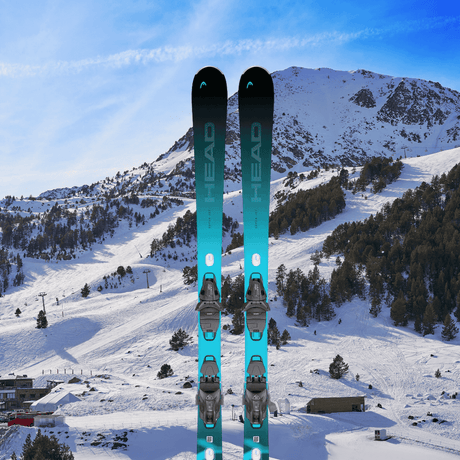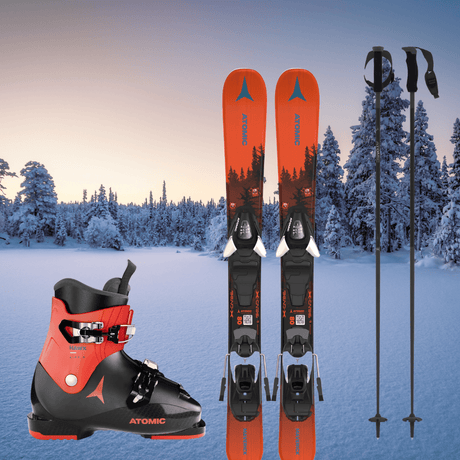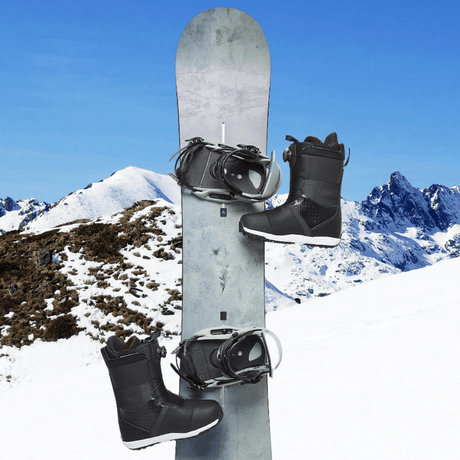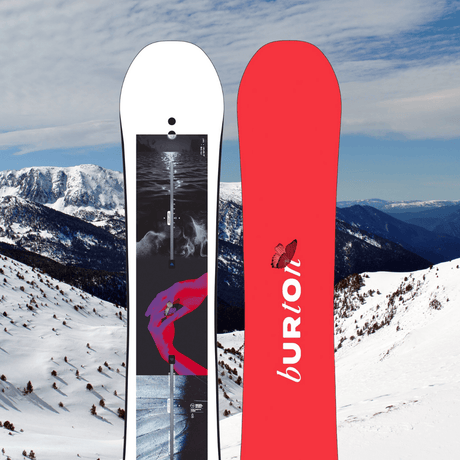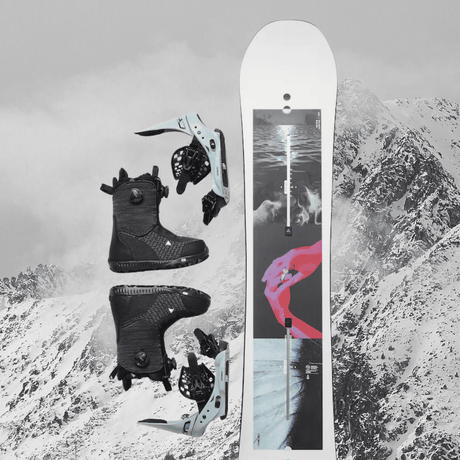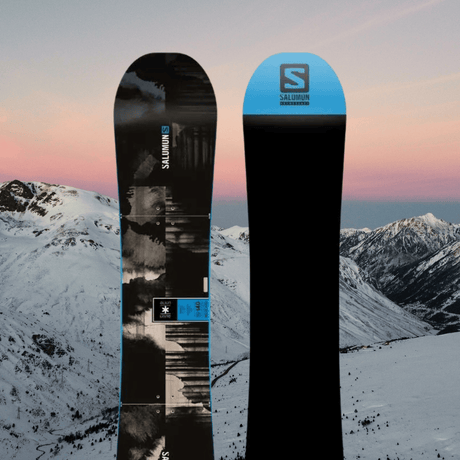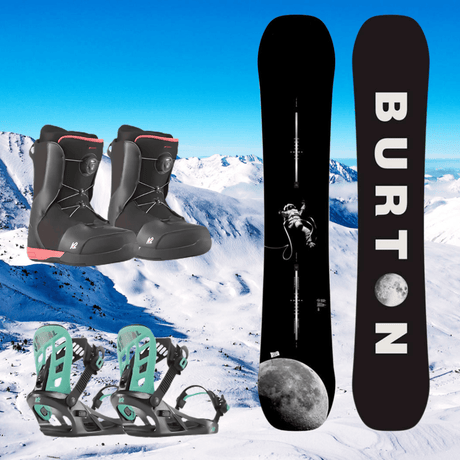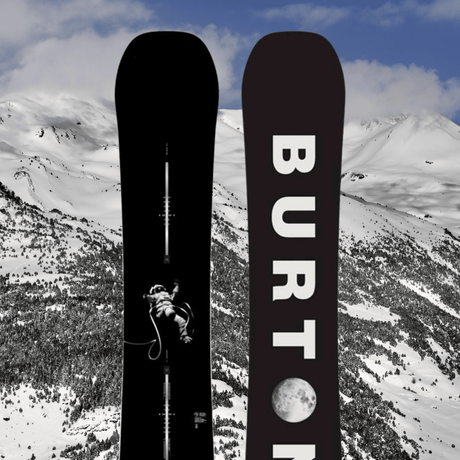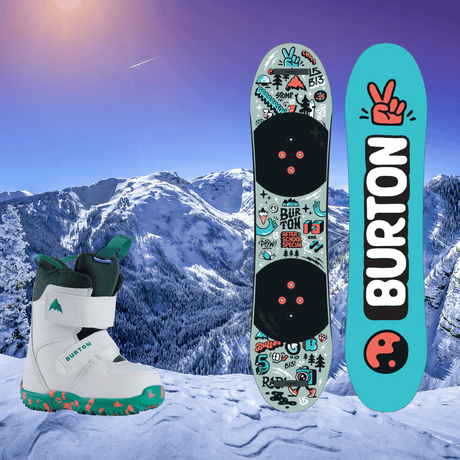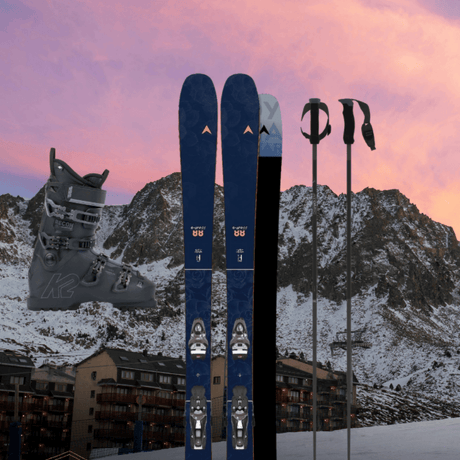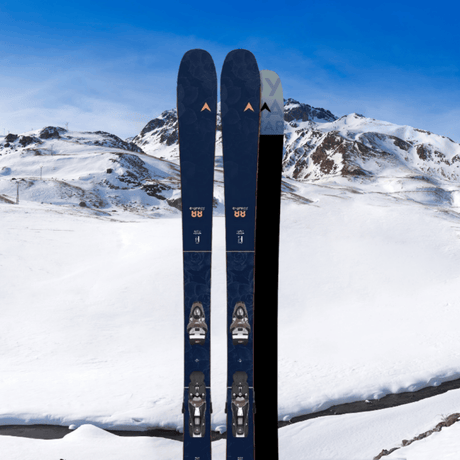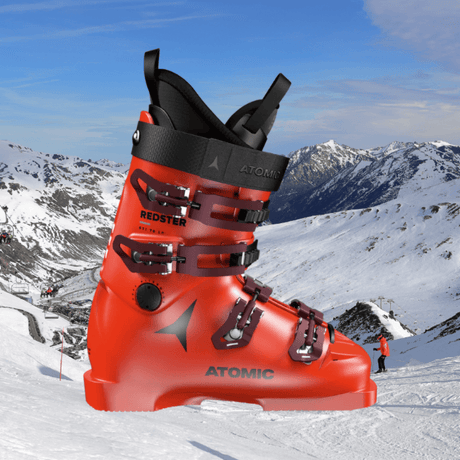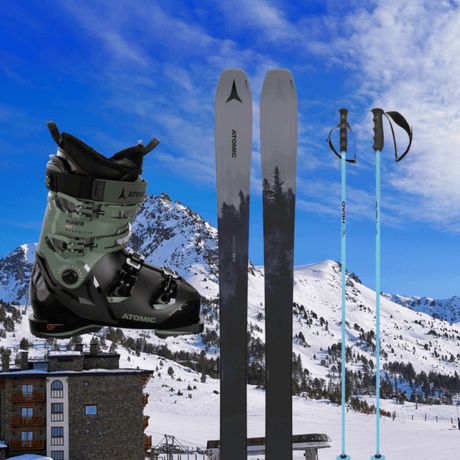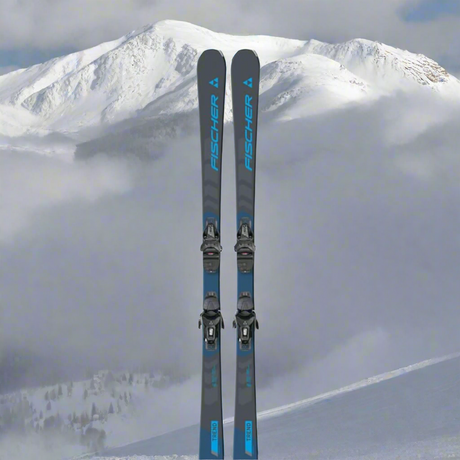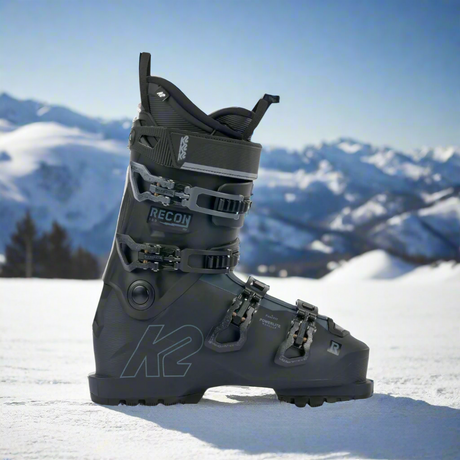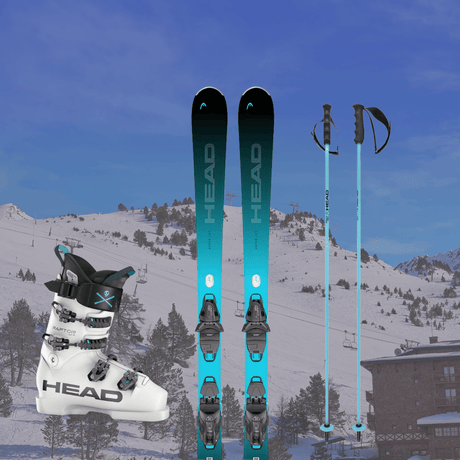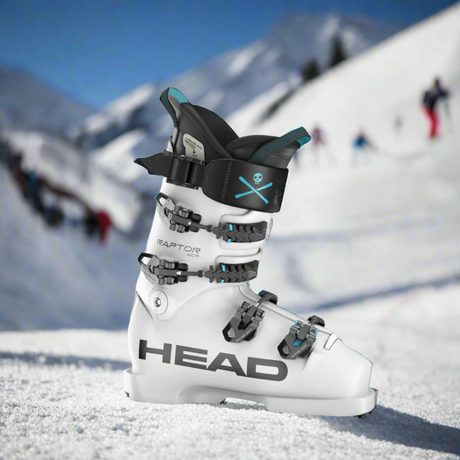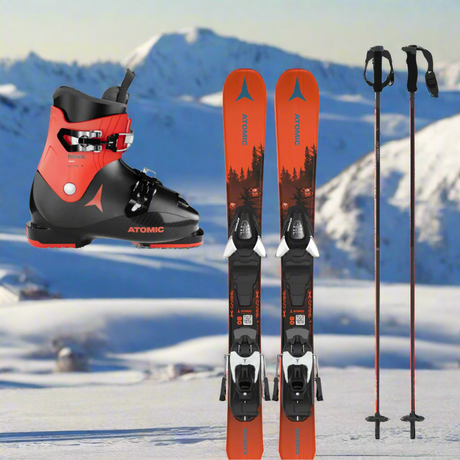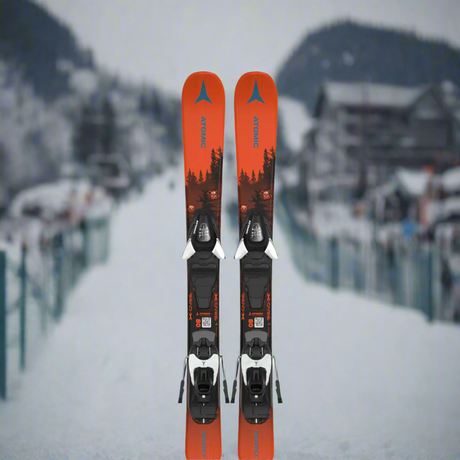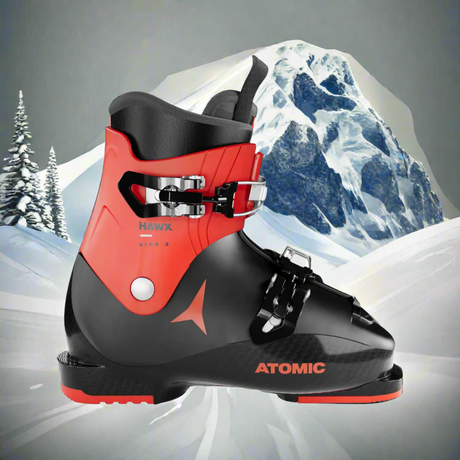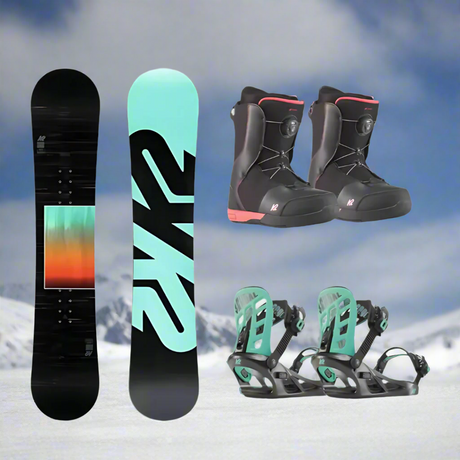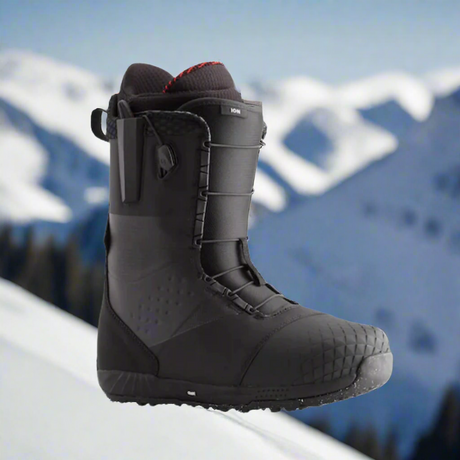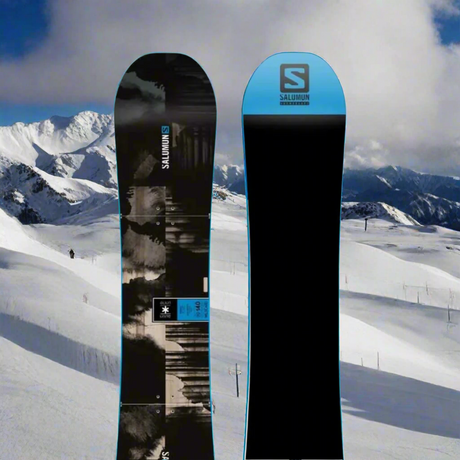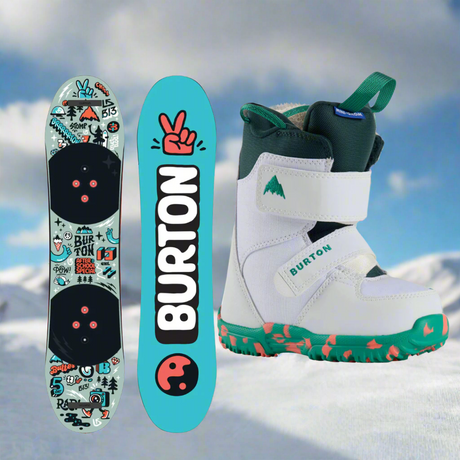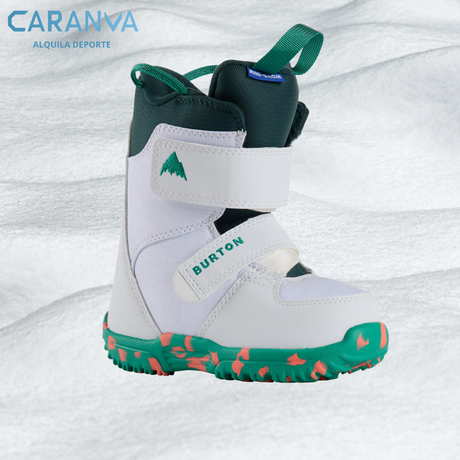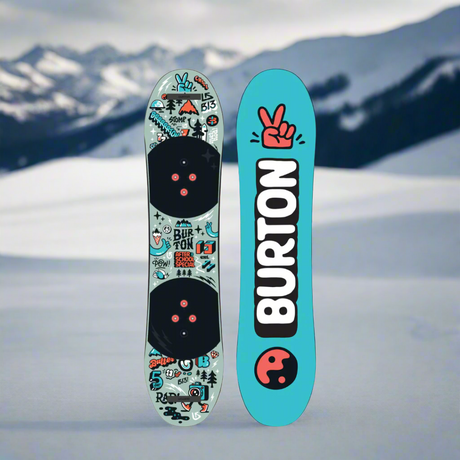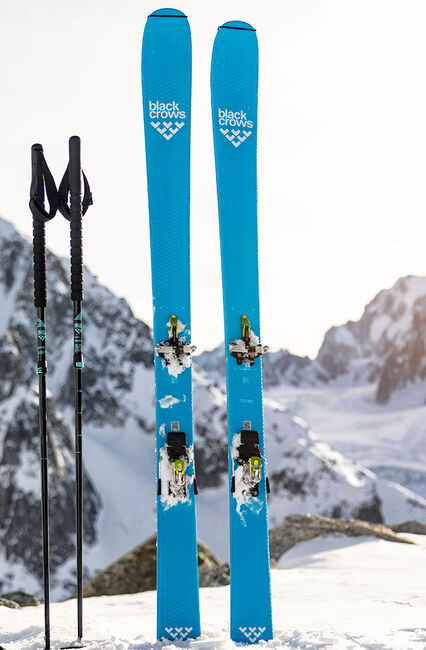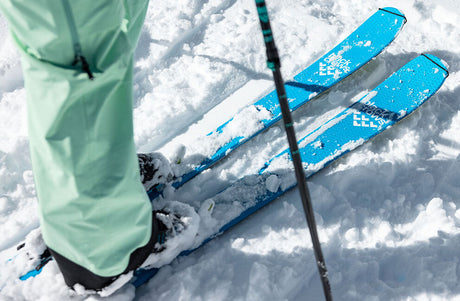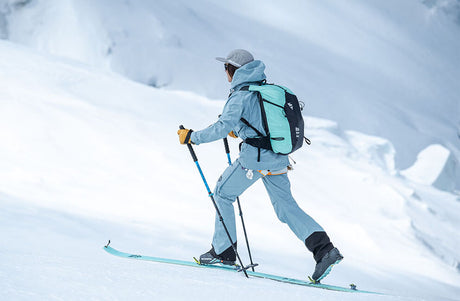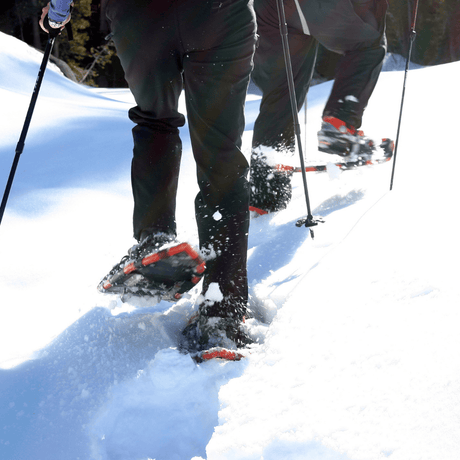Skiing vs. Snowboarding: Which Is Best for You?
Skiing vs. Snowboarding: Which Is Best for You?
Introduction
The eternal debate between skiing and snowboarding continues to divide winter sports enthusiasts. Whether you're a beginner or even someone with some experience, choosing between skiing and snowboarding can be tricky. Both sports offer exhilarating experiences, but there are key differences that could make one more suitable for you than the other. In this article, we analyze the advantages and disadvantages of both sports to help you make an informed decision.
1. What is easier to learn: Skiing or Snowboarding?
The most common question among beginners is: which sport is easiest to learn? The answer depends on several factors, including your fitness level, coordination, and previous experience with other sports.
1.1 Ease of learning to ski
Skiing is often easier for beginners to learn. With their feet spread apart, skiers have greater control and balance from the start. Falls are also usually less painful, as you can better control your speed and stop more easily.
However, once you progress to intermediate or advanced levels, skiing becomes more technical, and mastering more complicated turns or navigating steeper slopes may require more time and practice.
1.2 Ease of learning how to snowboard
On the other hand, snowboarding can be more difficult at first. Having both feet attached to the same board can make balancing more difficult. Falls are also more frequent and can be more painful at first.
However, many snowboarders claim that, once they overcome the initial learning curve, progress is often faster than with skiing. Once you've mastered basic turns and controlled your speed, it's easier to explore different terrain.
2. Cost comparison
Cost is another factor to consider. Both skiing and snowboarding can be expensive in terms of equipment and lessons, but there are some differences to keep in mind.
2.1 Ski costs
Ski equipment tends to be more expensive than snowboard equipment, as you need more pieces: skis, poles, boots, and possibly helmets and goggles. Additionally, if you choose to rent equipment instead of buying, daily ski rental rates also tend to be higher than those for a snowboard.
2.2 Snowboarding costs
Snowboarding , in comparison, tends to be a bit more affordable in terms of equipment. You only need a board, boots, and bindings. However, both sports require a ski pass to access the slopes, which represents a significant cost in either case.
3. Fitness level required
Both sports require a good level of physical fitness, but there are differences in the muscle groups worked and the endurance required.
3.1 Physical condition for skiing
Skiing requires significant leg strength and cardiovascular endurance. The quadriceps, glutes, and hip muscles are constantly used to maintain control on the slopes. Good balance and coordination are also important, especially on difficult terrain.
3.2 Physical condition for snowboarding
Snowboarding also requires leg strength, but it also places significant emphasis on the core (abdominal and lower back muscles) due to the sideways position on the board. Additionally, endurance and balance are crucial, as you'll be using different muscles to control direction and speed compared to skiing.
4. Terrain types and flexibility
The type of terrain you plan to ski or snowboard on also influences which sport may be best suited for you.
4.1 Versatility of the ski
Skis are generally more versatile on different terrains. From flat, easy runs to steep slopes, skis give you greater control to navigate all types of slopes, even off-piste.
4.2 Versatility of snowboarding
Snowboarding can be a bit more challenging on flat terrain or on gently sloping slopes, as it's harder to maintain speed. However, in powder terrain or freestyle parks, snowboarding excels.
5. Risks of injury
Both sports carry risks of injury, but the types of injuries often vary.
5.1 Common ski injuries
Knee injuries, such as torn ligaments, are common in skiing due to the twisting nature of the movements. There's also an increased risk of high-speed falls, which can result in serious injuries if not careful.
5.2 Common snowboarding injuries
Snowboarding tends to cause more upper-body injuries, especially in the wrists and shoulders, as falling forward or backward is common at first. Wearing wrist guards can help reduce this risk.
6. Which one should you choose?
The choice between skiing or snowboarding ultimately depends on your personal preferences and goals on the slopes. If you're looking for a sport that's easier to learn at first and want to explore a wider variety of terrain, skiing might be the best option for you. If you prefer a sport that's more challenging at first but allows you to progress quickly and enjoy freestyle riding, snowboarding is the ideal sport for you.
Both sports offer an incredible experience in the snow, so try them both and see which one you enjoy the most!
7. Conclusion
In short, both skiing and snowboarding have their advantages and disadvantages. Ease of learning, cost, required fitness, and injury risks are important factors to consider. If you're still unsure, we recommend renting equipment for both sports and trying each before committing to just one. Remember that at CaranvaSports you can rent the best ski and snowboard equipment from the best shops in Spain.

